Minister Le Minh Hoan emphasized that the carbon credit market is very new to the world and Vietnam. The benefits behind it are many times greater when people participate in the project of 1 million hectares of high-quality, low-emission rice.
According to the report of the Ministry of Agriculture and Rural Development, in 2024, the country will export 9.18 million tons of rice, with an estimated turnover of 5.75 billion USD. Compared to last year, rice exports increased by only 12.9% in volume but the value increased sharply by 23%.
Our country’s rice industry has also set historical records in both output and value since 1989 (the first year Vietnam exported rice) until now. Notably, Vietnam has become the first country in the world to produce high-quality, low-emission rice on a large scale of 1 million hectares.
At the conference of the Prime Minister's dialogue with Vietnamese farmers in 2024, on the morning of December 31, Mr. Le Thanh Long (An Giang province) shared issues related to the target of reducing emissions, developing the carbon credit market, the Project on Sustainable Development of 1 million hectares of high-quality and low-emission rice cultivation associated with green growth in the Mekong Delta region...
Accordingly, Mr. Long asked the Government what solutions it will have to promote the carbon credit market and implement the 1 million hectare rice project in the coming time.
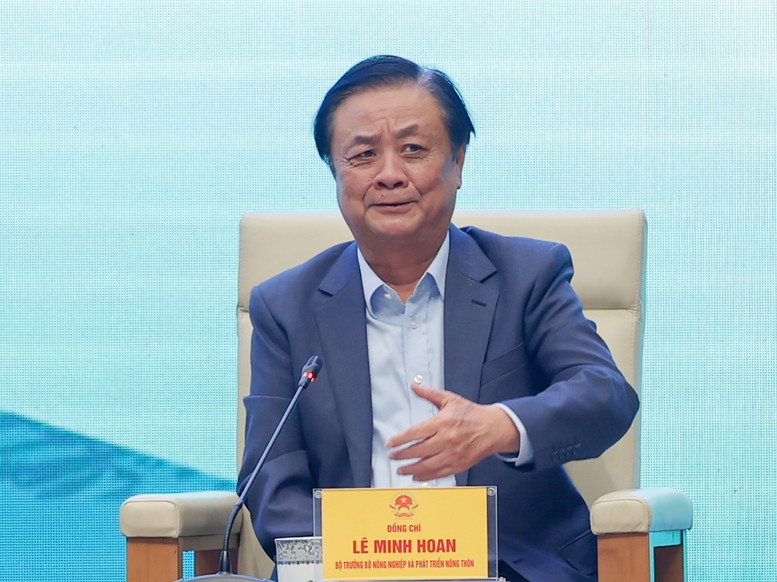
Responding to farmers' questions, Minister of Agriculture and Rural Development Le Minh Hoan said that An Giang province is very active in implementing the 1 million ha high-quality rice project. In pilot models, An Giang reported a 20-30% reduction in production costs. From that, it can be seen that reducing costs will increase farmers' profits. This is a very good result.
Regarding the carbon credit story, the Prime Minister has directed the development of a policy mechanism for this commodity market. However, Minister Le Minh Hoan emphasized that the carbon credit market is very new to the world and Vietnam. Therefore, ministries and sectors are uniting to propose the Government to issue it.
Besides, he also noted, we are not talking about how much money we can get from selling these credits, but the benefits this project brings are huge and more useful for Vietnam's agricultural production.
“For example, straw can be made into pellets or used as a product for the next crop. The carbon credit project aims at a broader, more general goal than just selling for a certain amount of money. I say this so that farmers can understand the goal and meaning of the carbon credit project,” Minister Hoan shared.
Previously, Minister Le Minh Hoan acknowledged that the 1 million hectares of high-quality rice project in the Mekong Delta is bringing good results for rice growers. This is considered a revolution to develop the rice industry stronger and wider, while building a Vietnamese rice brand that reduces emissions so that more and more international friends will know about it.
The head of the agricultural sector also emphasized the goal of restructuring the rice industry towards sustainability, adapting to climate change and the global green consumption trend.
He pointed out that sustainable agricultural development cannot only focus on productivity and output but also needs to aim at reducing production costs, improving the quality and value of rice grains, and ensuring the environment and farmers' health.
Therefore, the Minister requested that authorities, businesses and cooperatives at all levels must accompany farmers. In particular, businesses need to commit to purchasing rice at a higher price than the market price to encourage farmers to join cooperatives, create motivation for cooperation and increase profits. Authorities and Party committees at all levels need to stand side by side, listen and promptly resolve difficulties, thereby creating trust and attachment of farmers to the production chain.
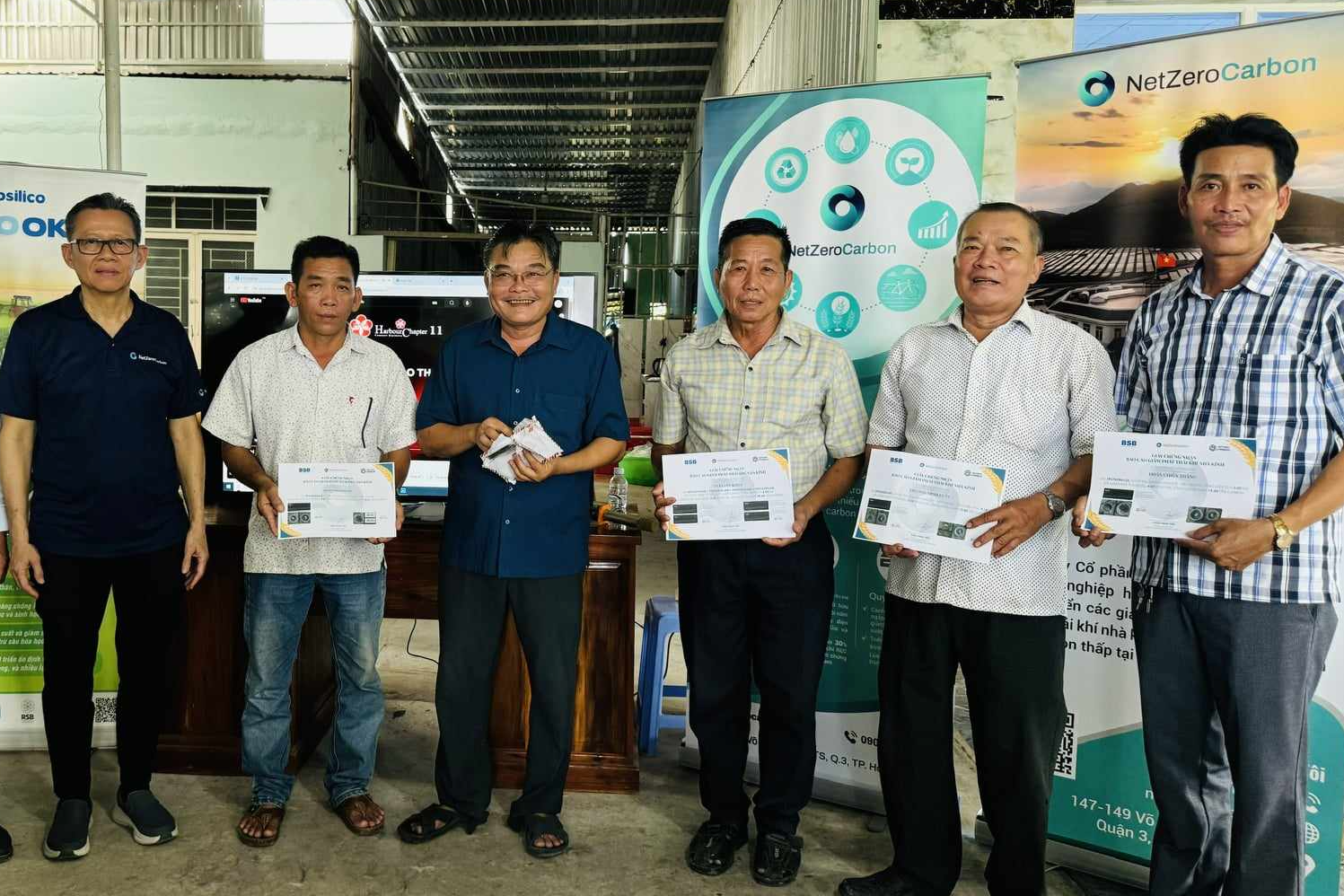
Source: https://vietnamnet.vn/bo-truong-le-minh-hoan-loi-ich-dang-sau-tin-chi-carbon-con-lon-hon-rat-nhieu-2358690.html


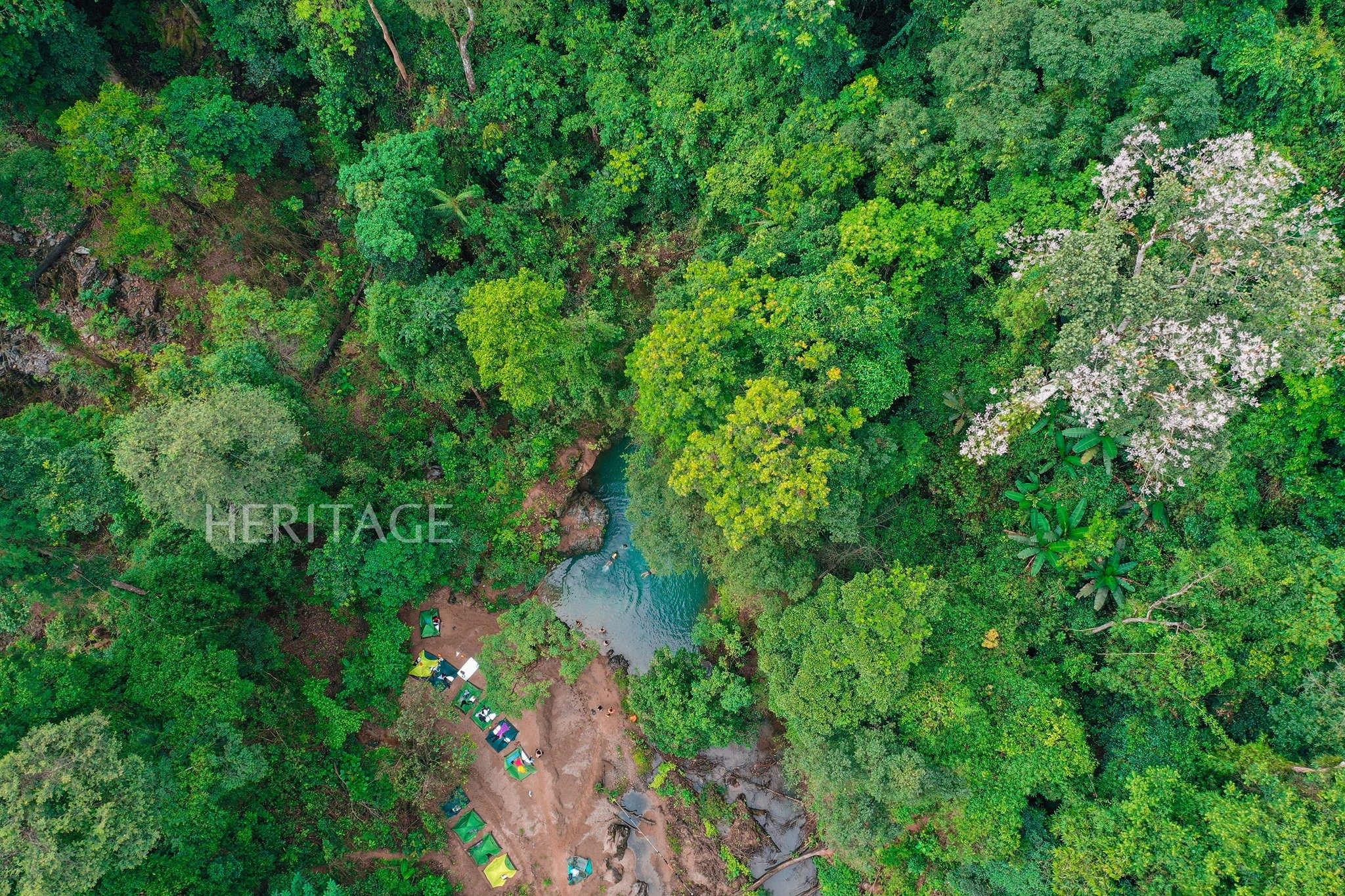
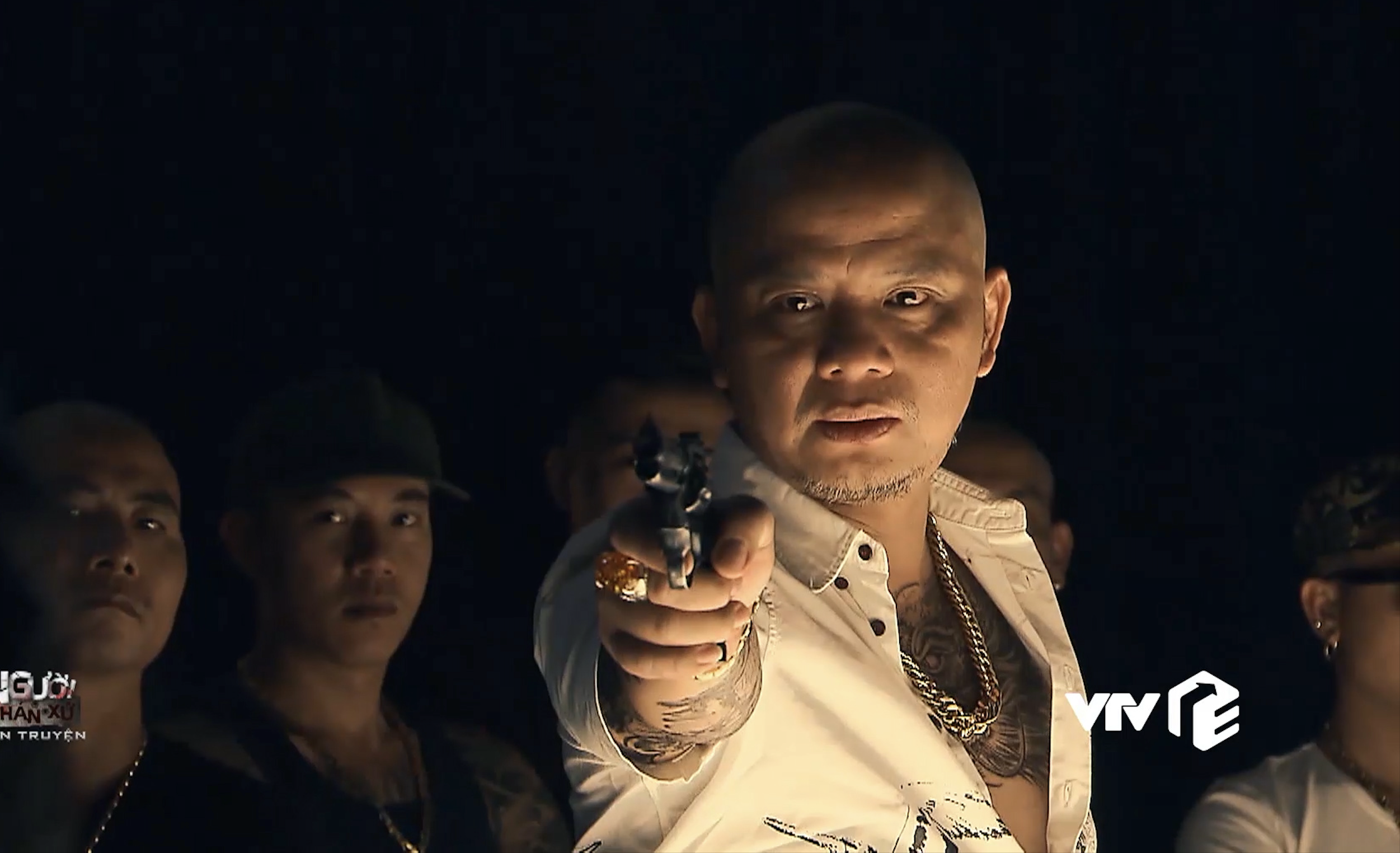
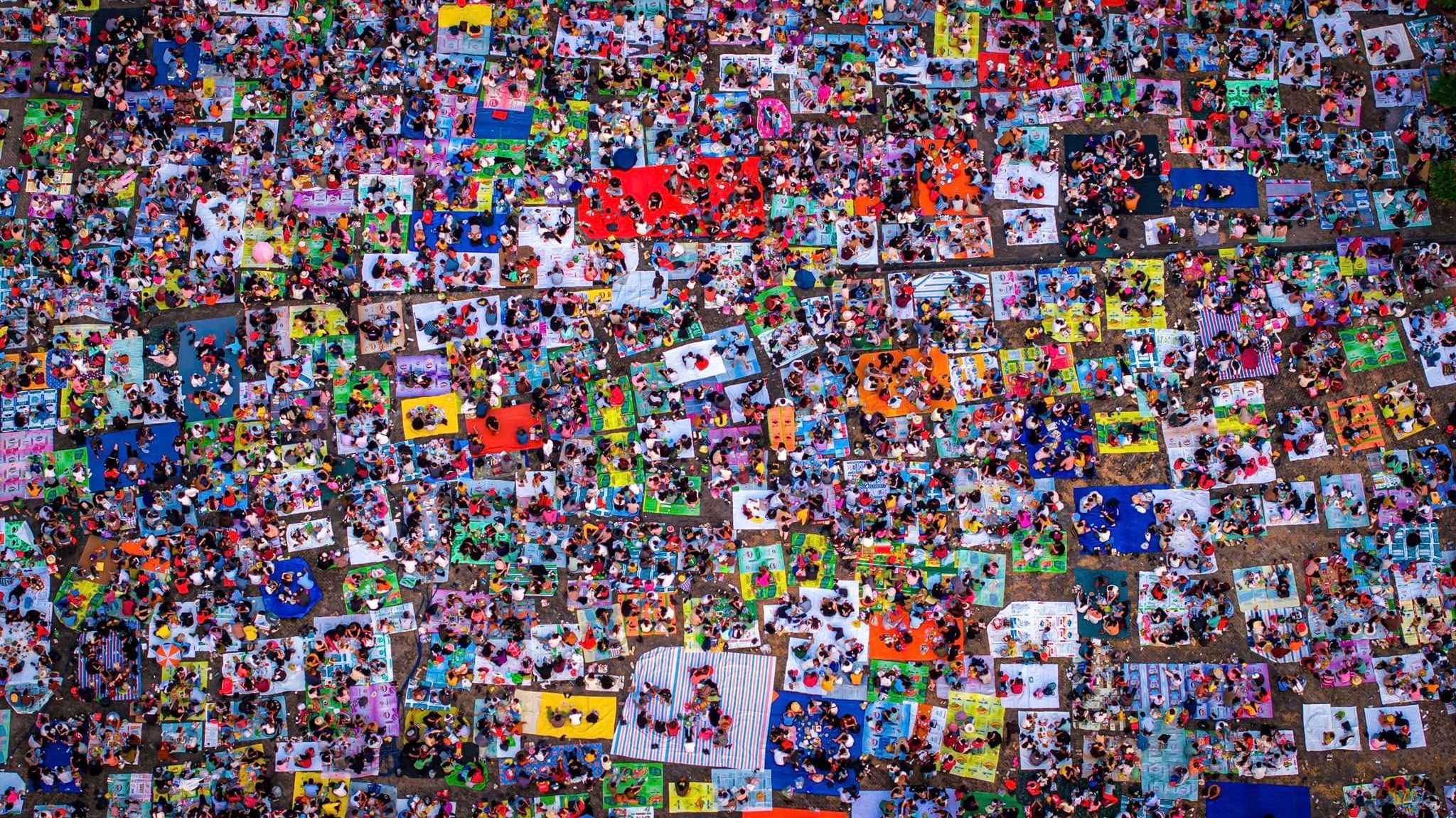
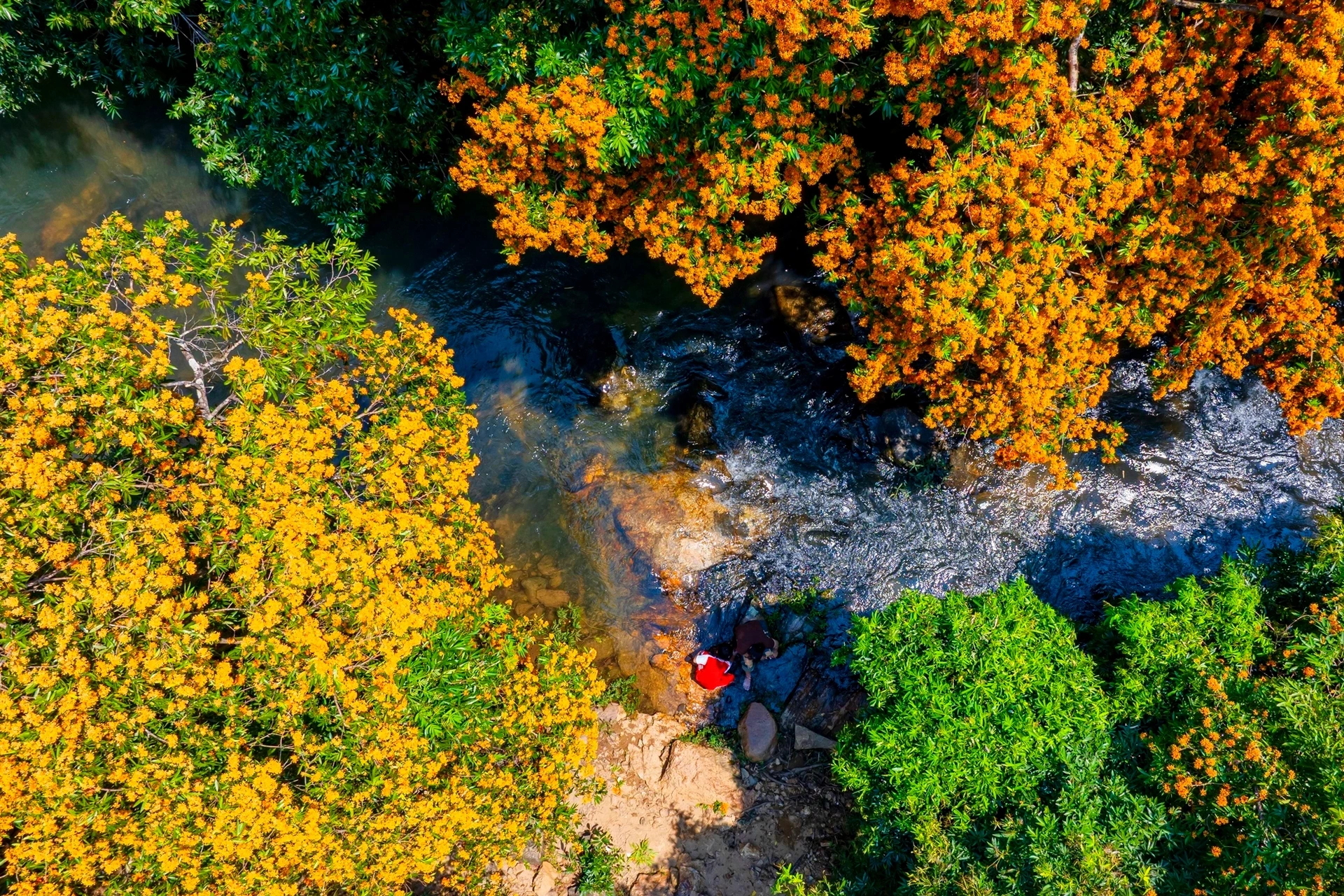
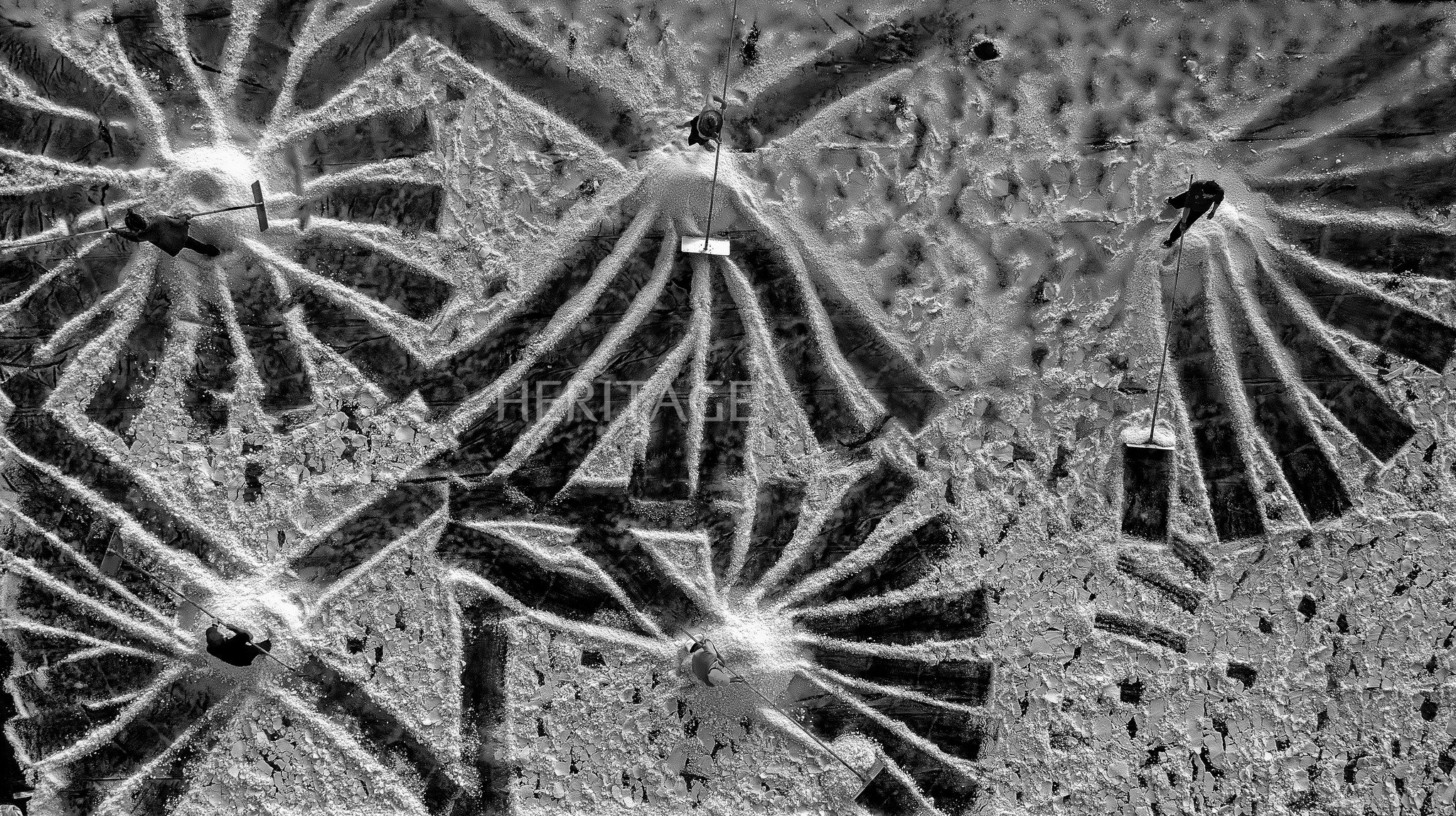
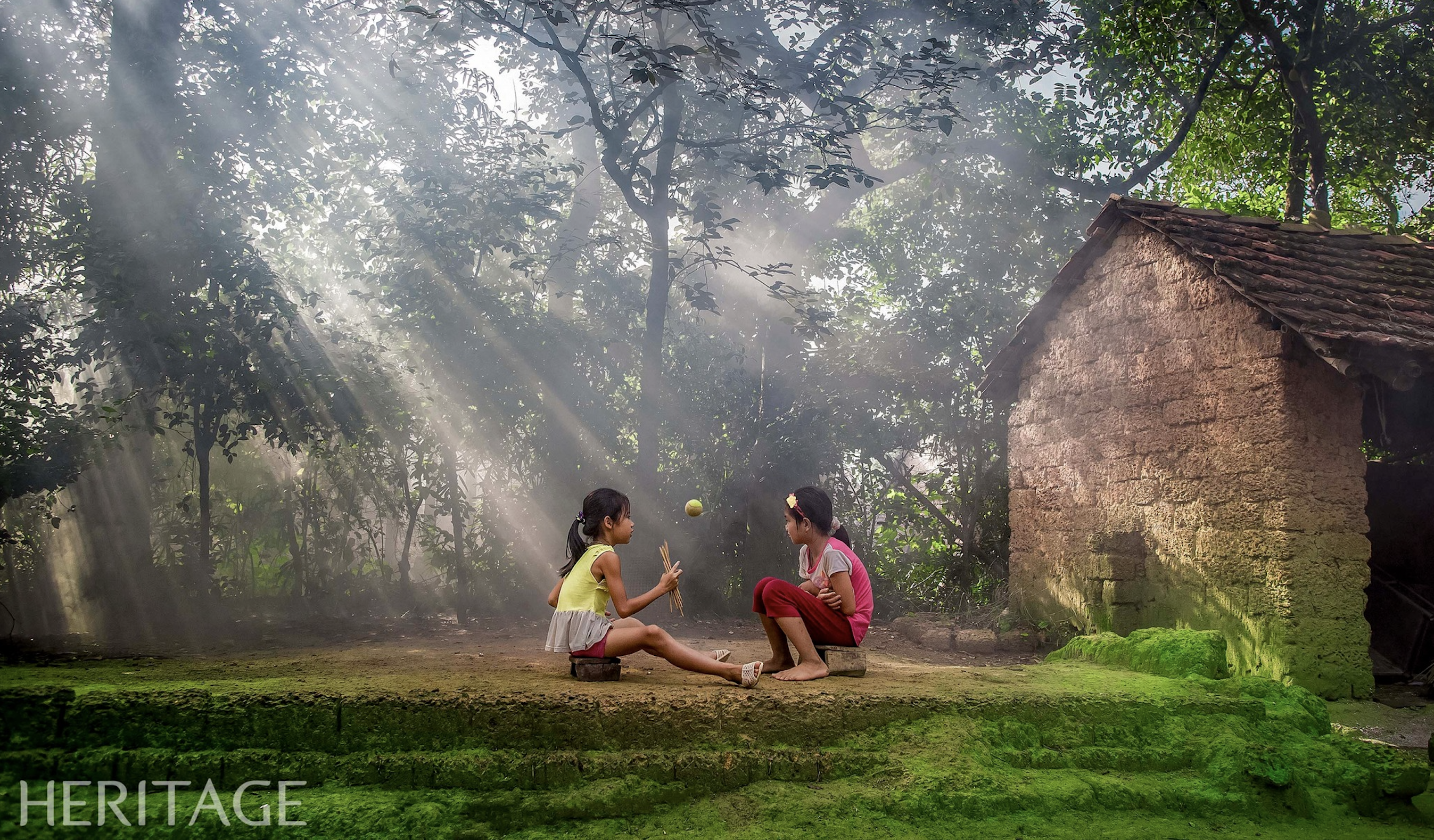
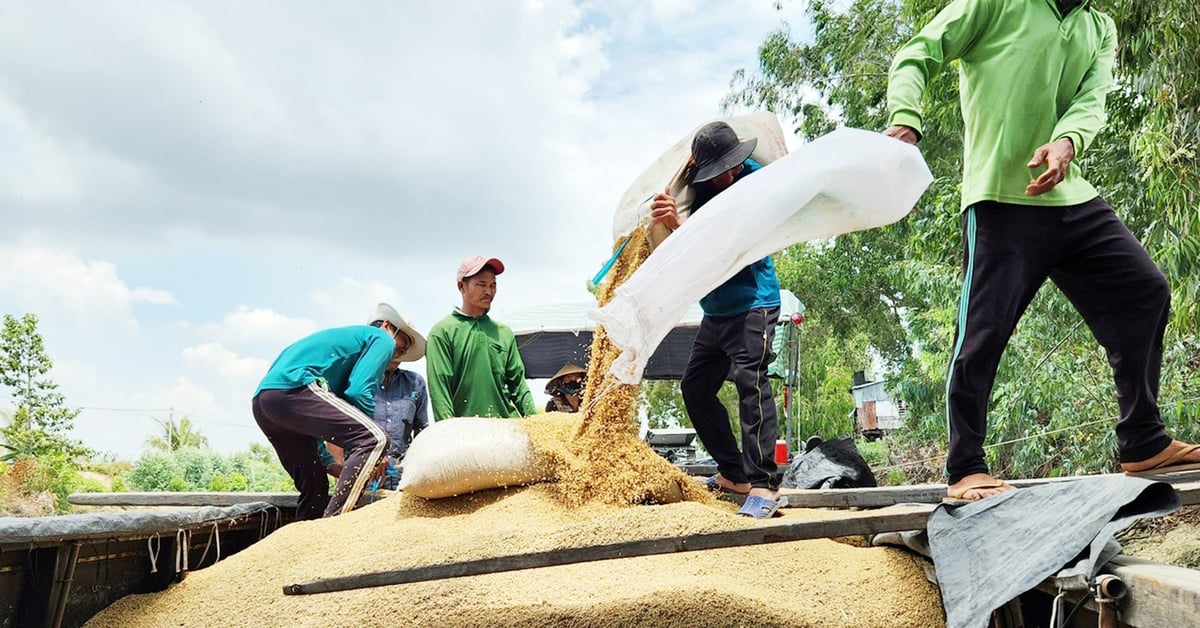

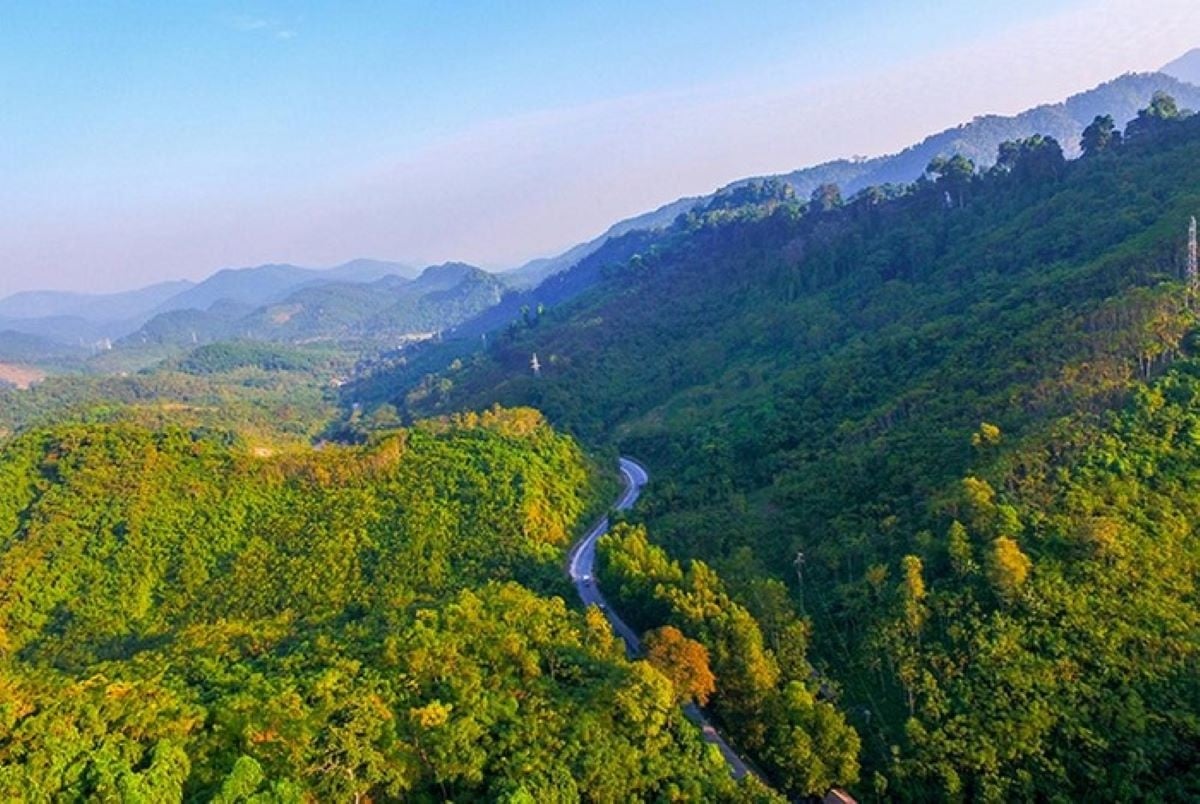

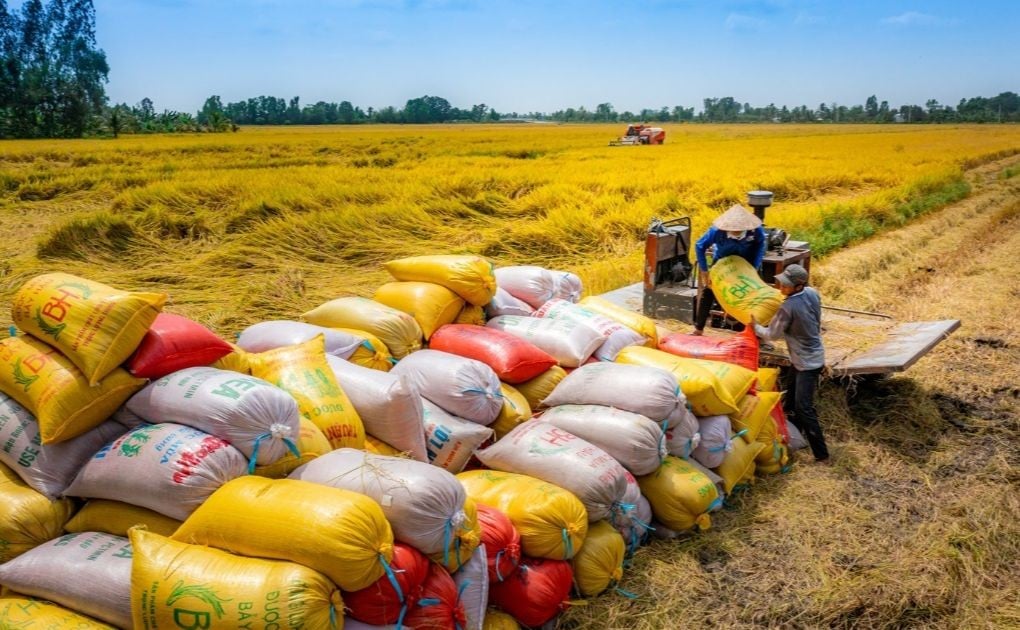

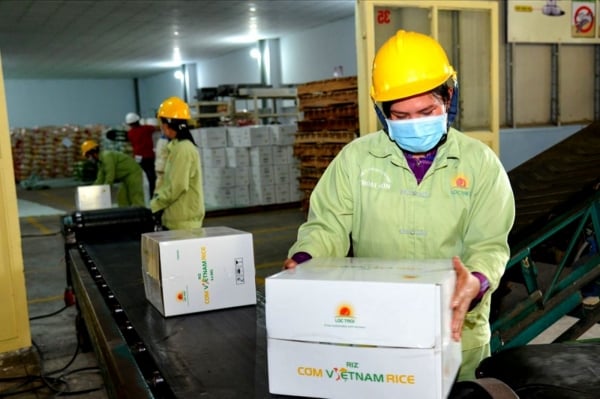

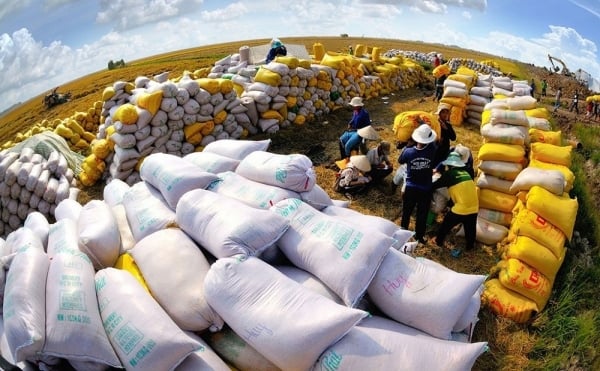
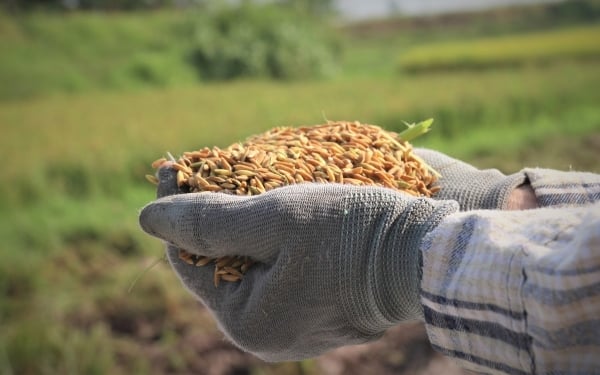
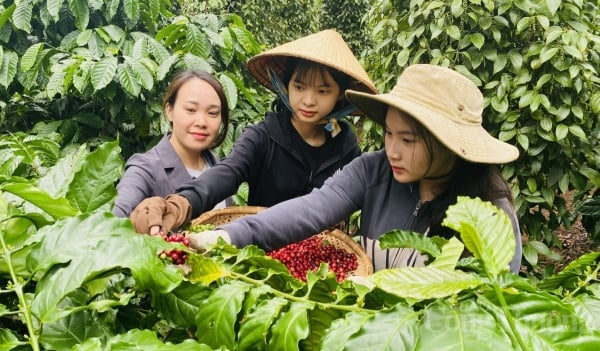
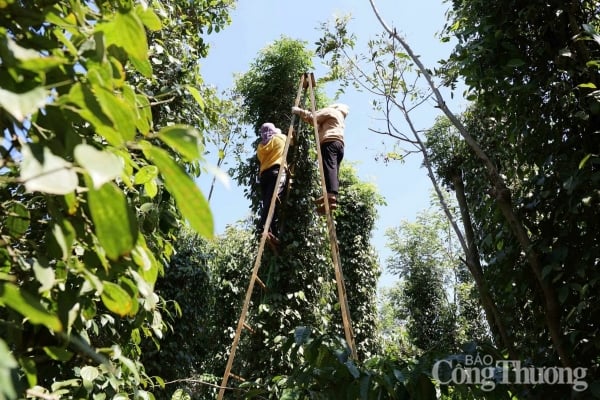
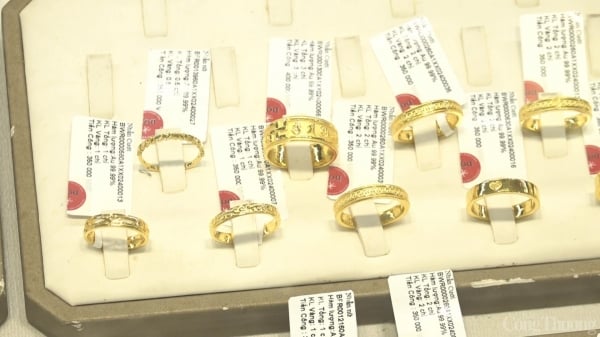
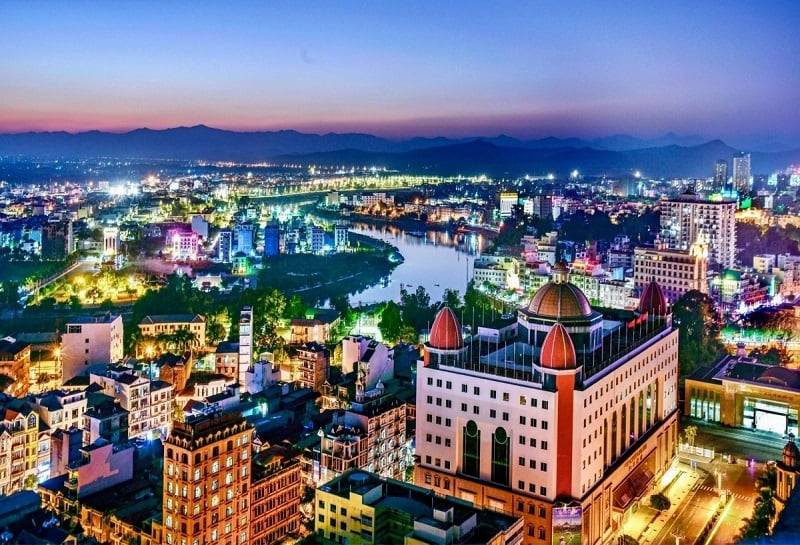

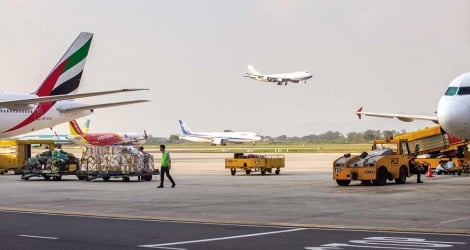


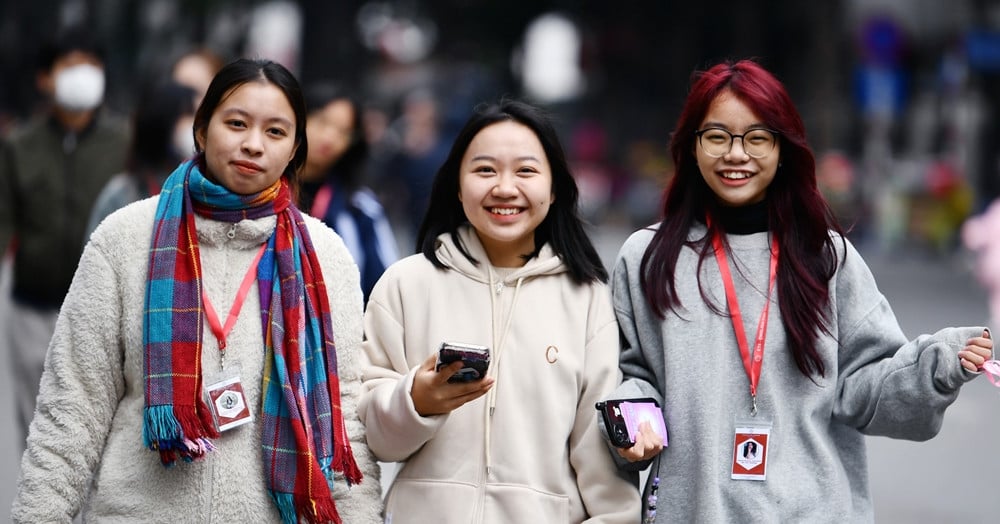
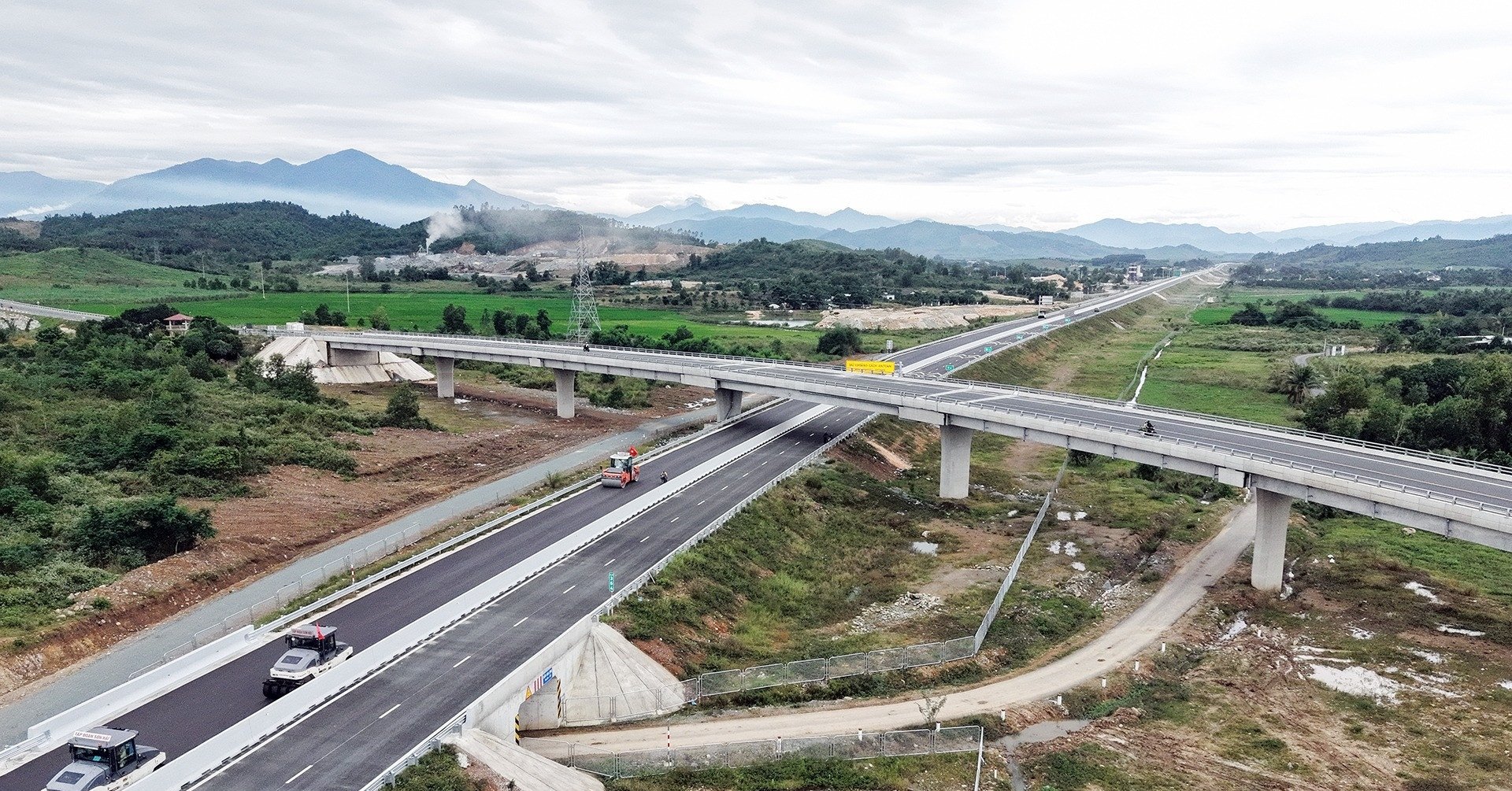
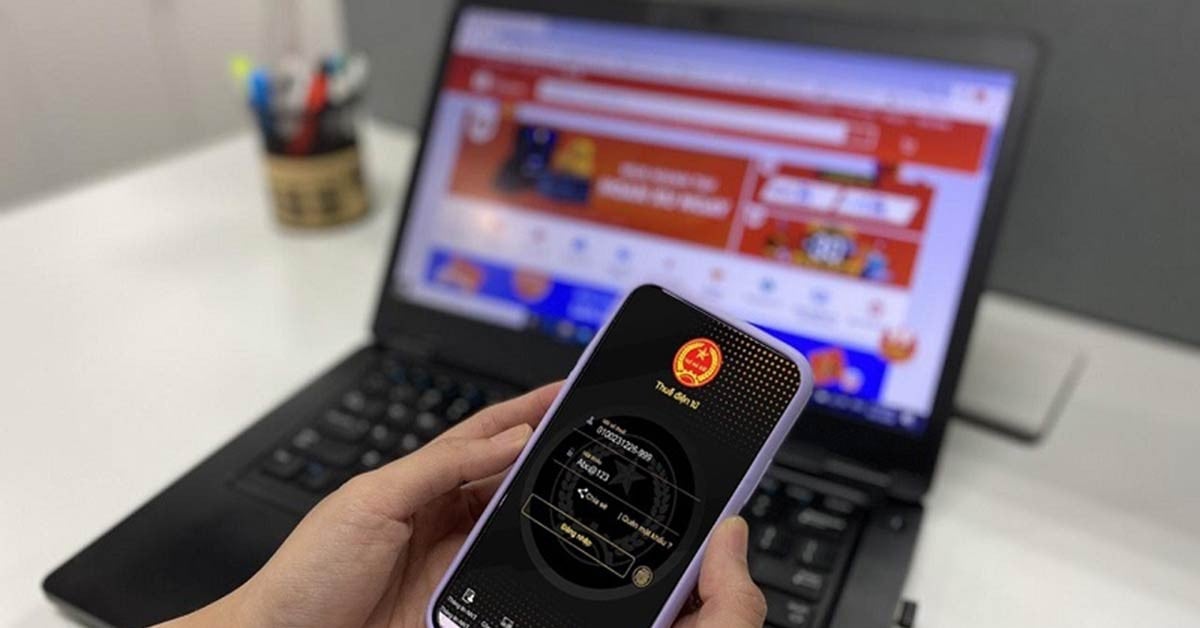
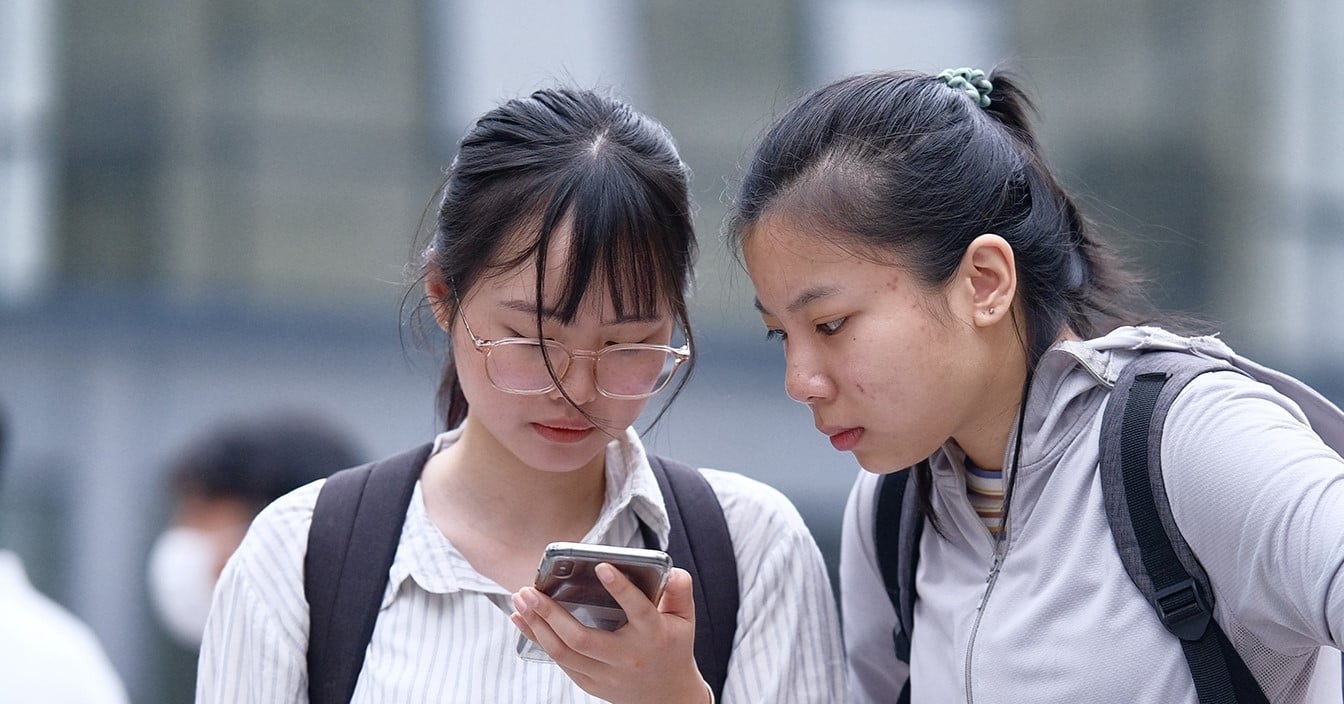
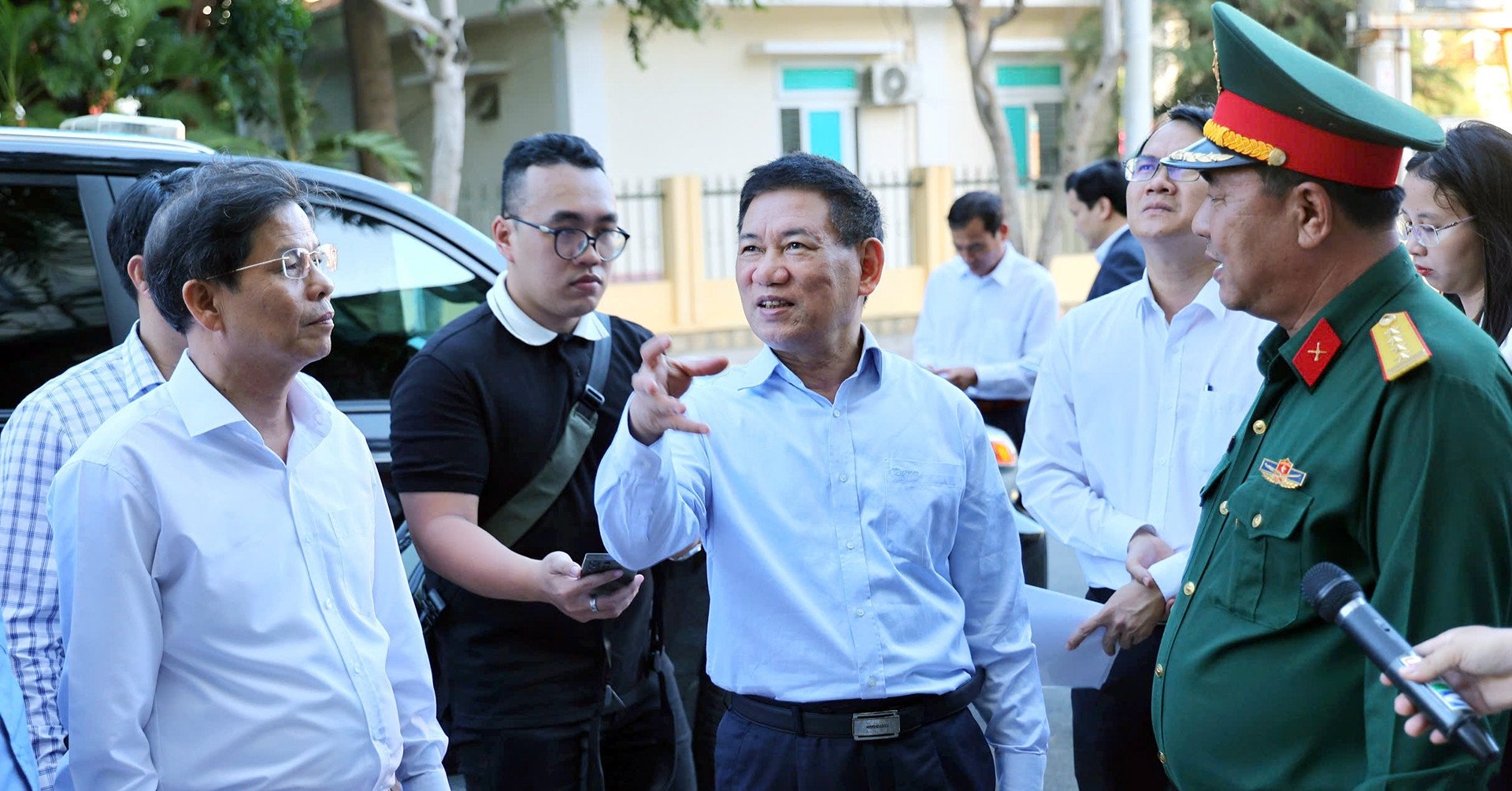
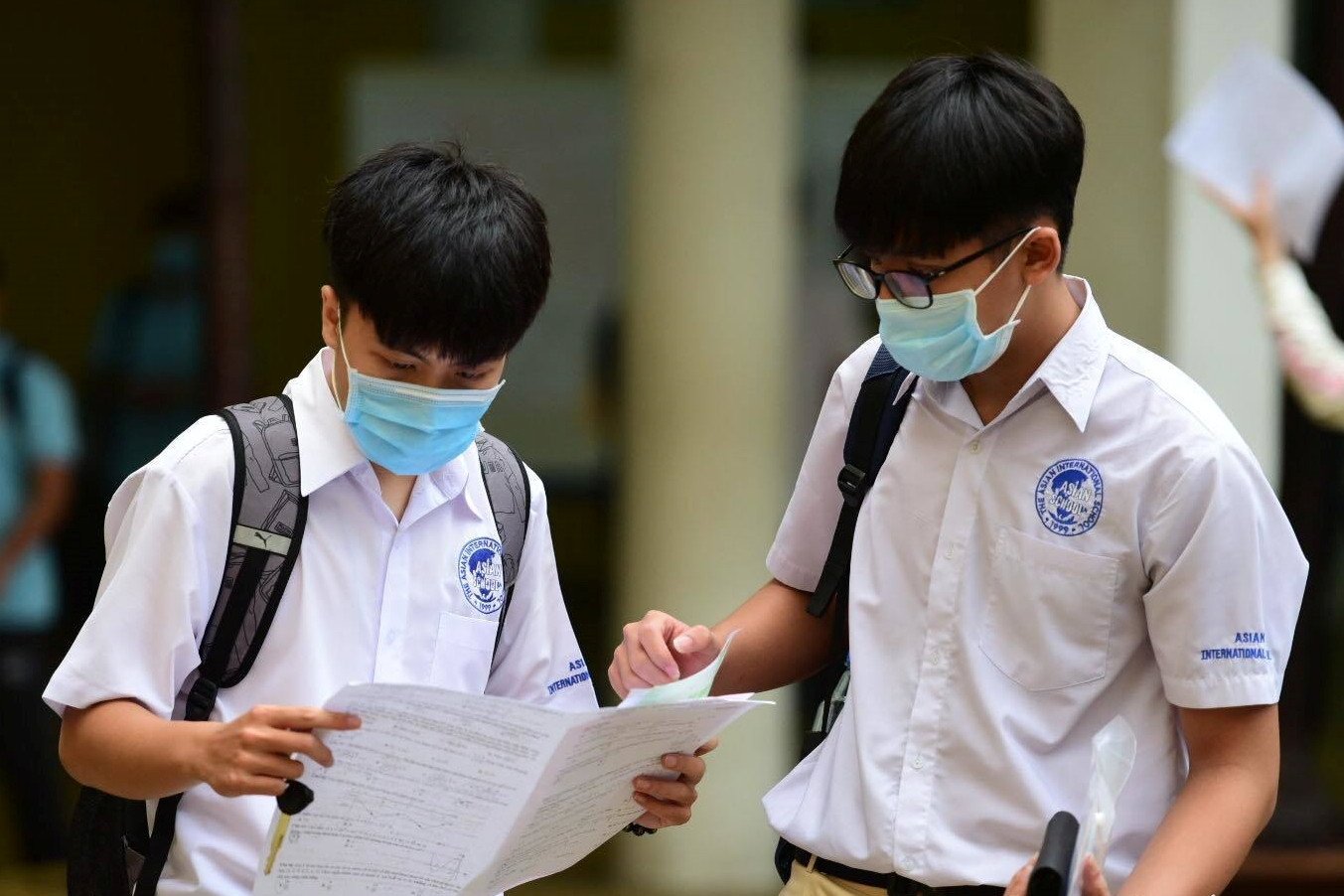
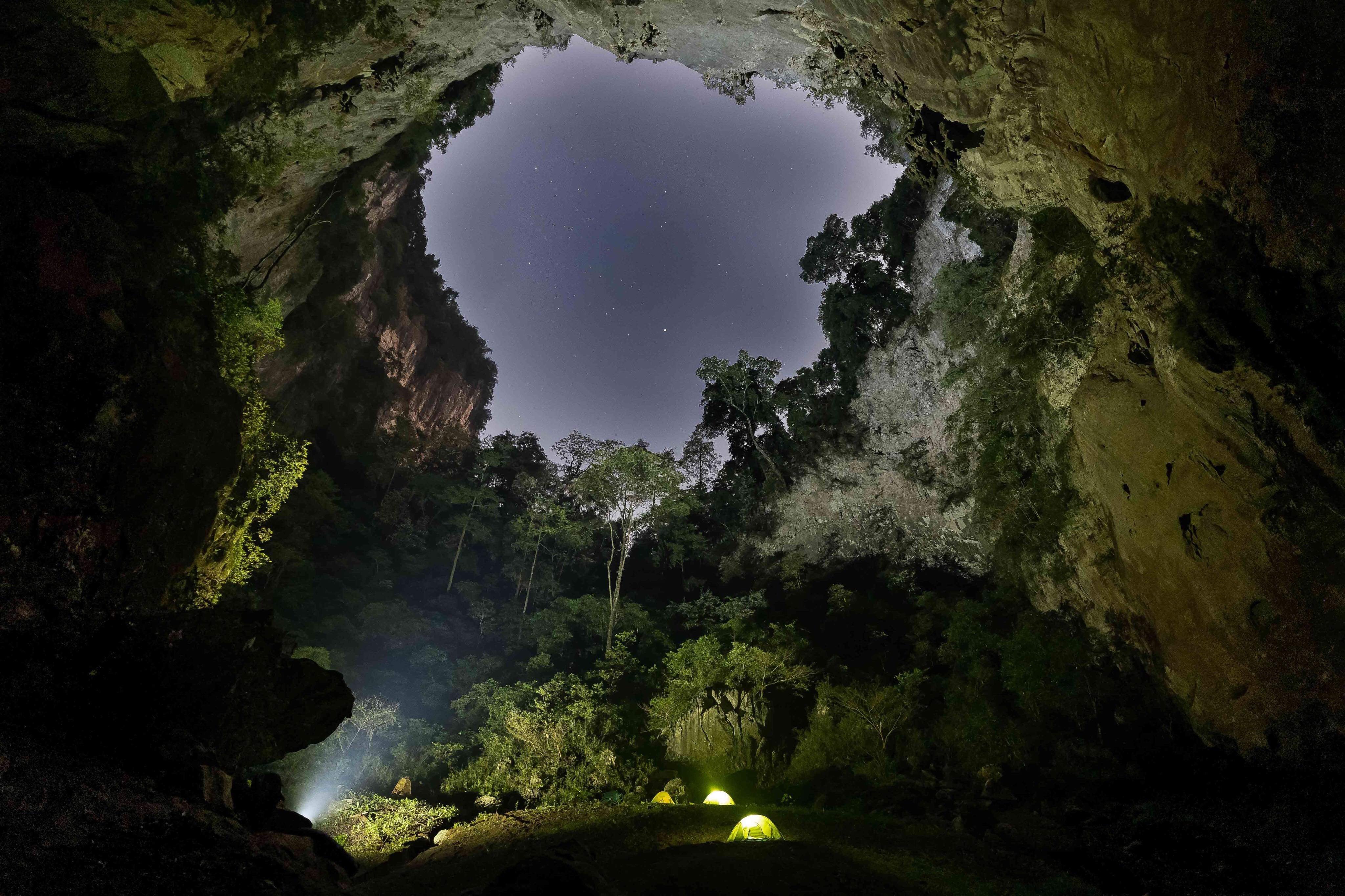
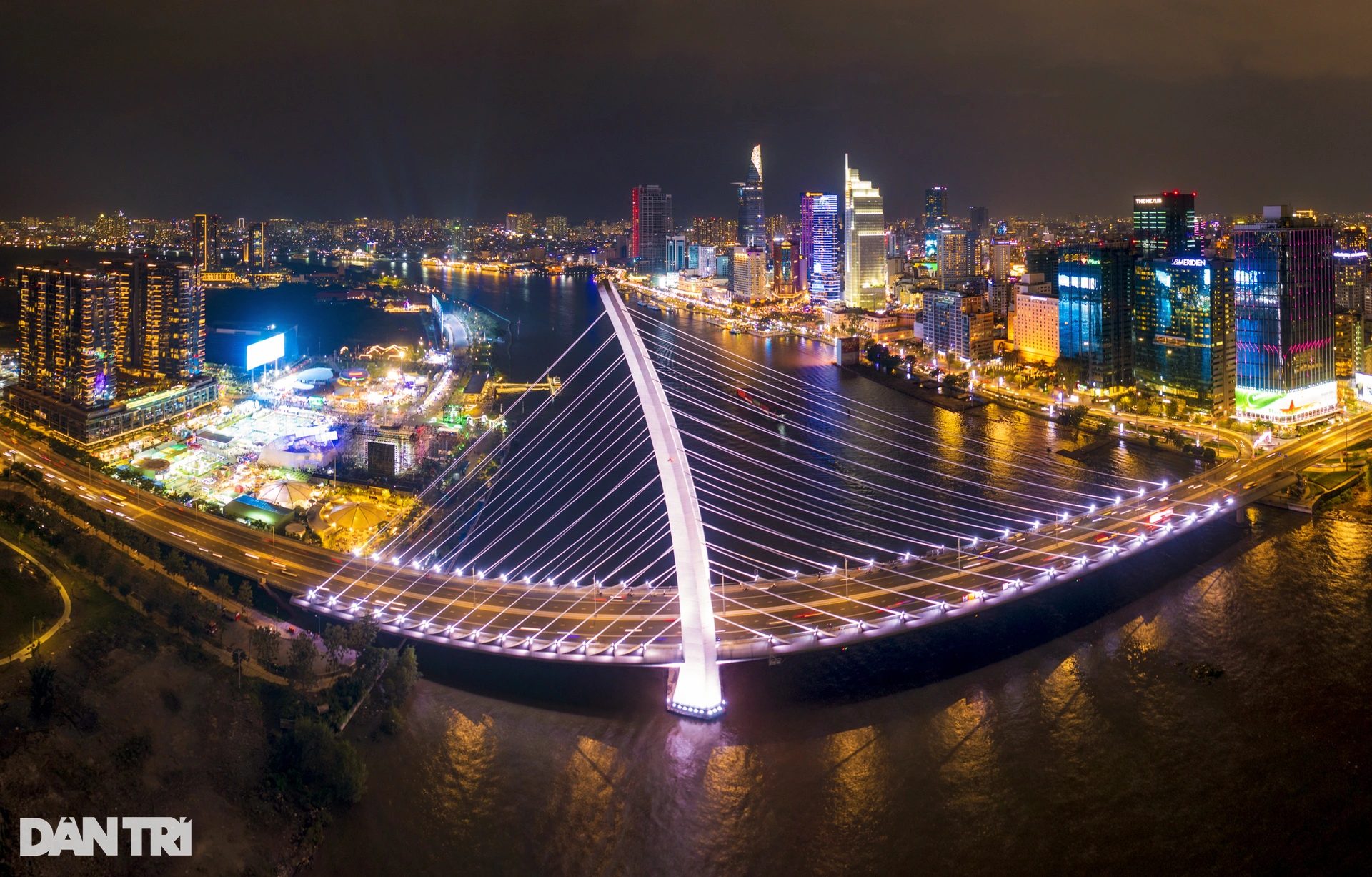

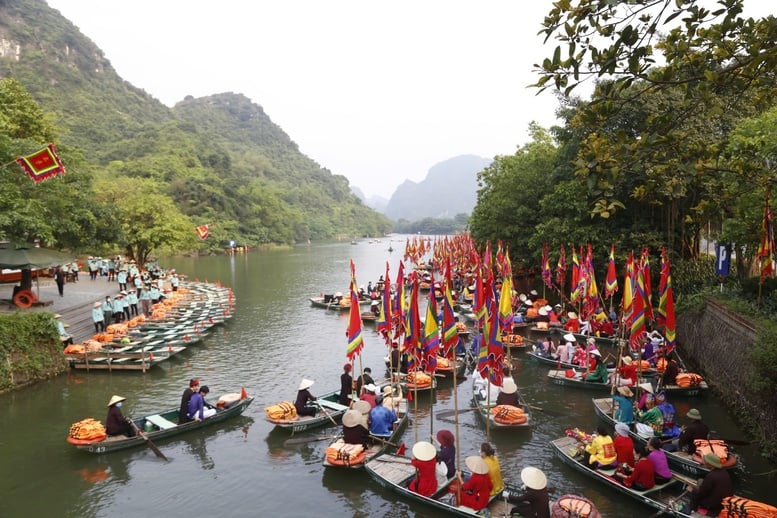

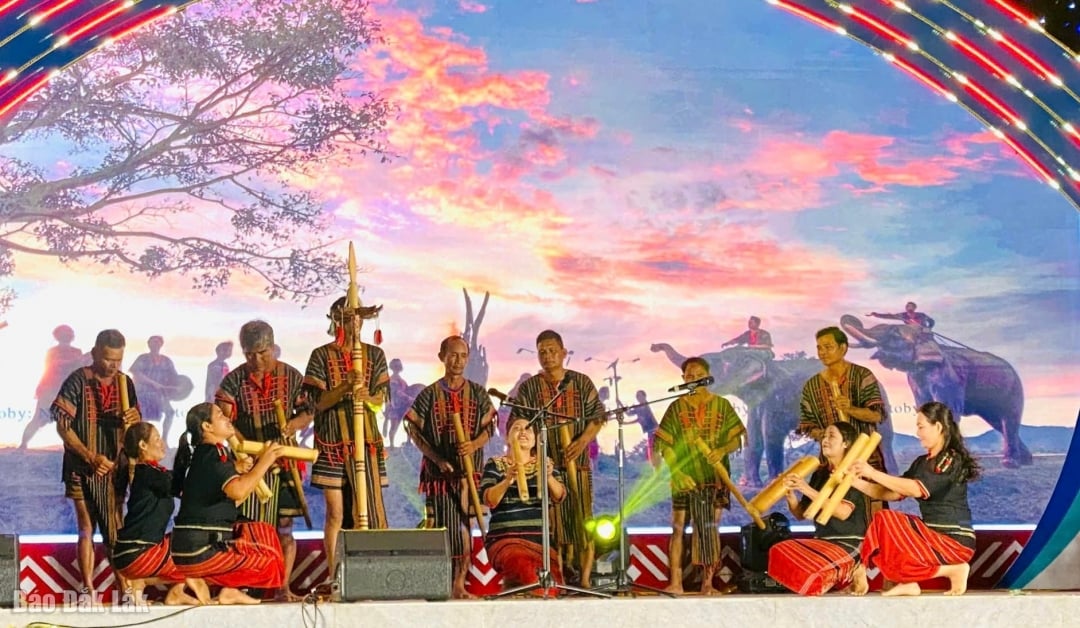

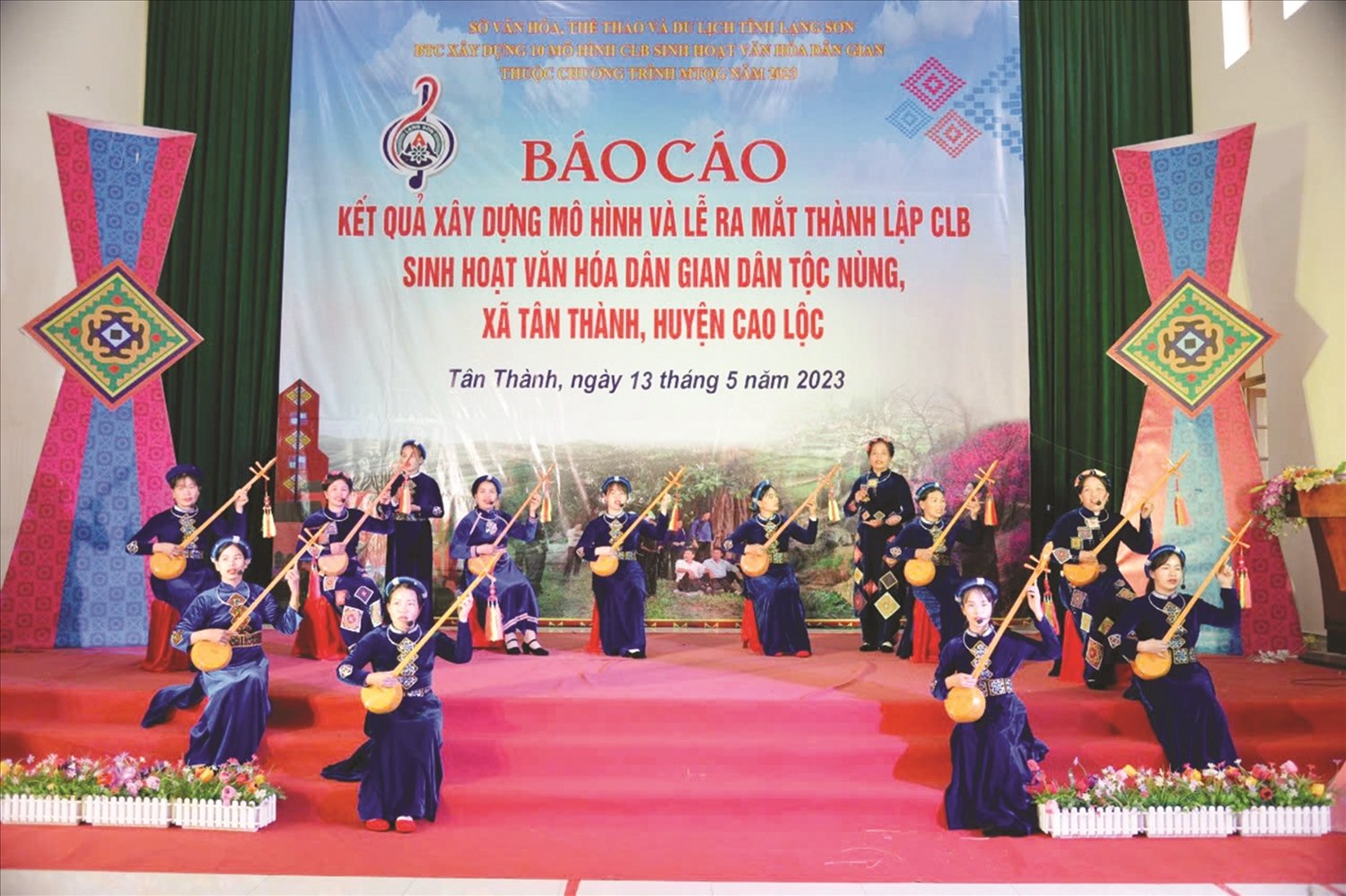

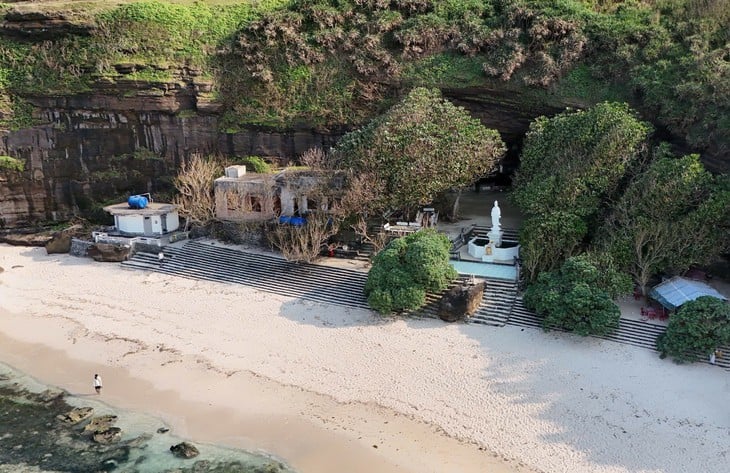


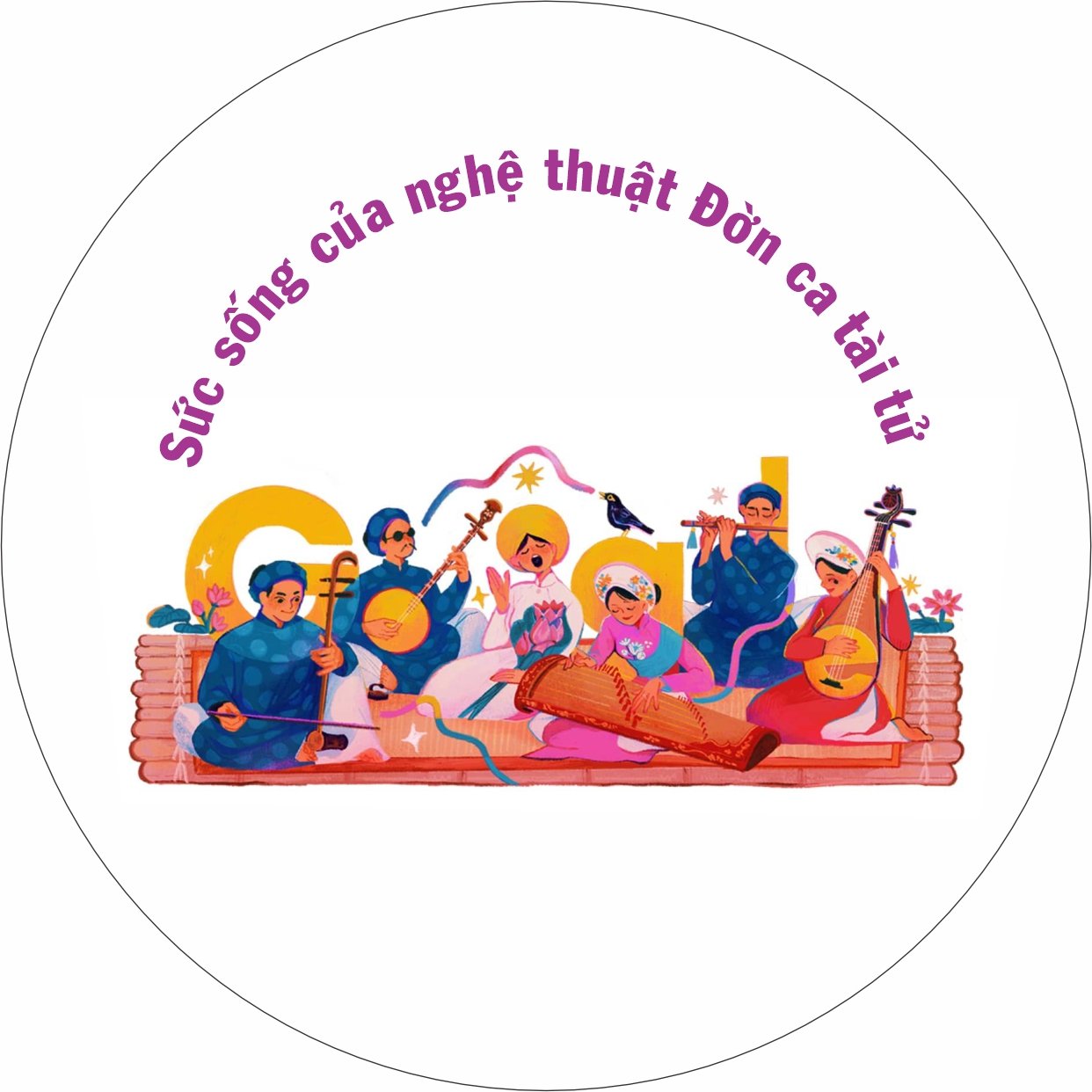


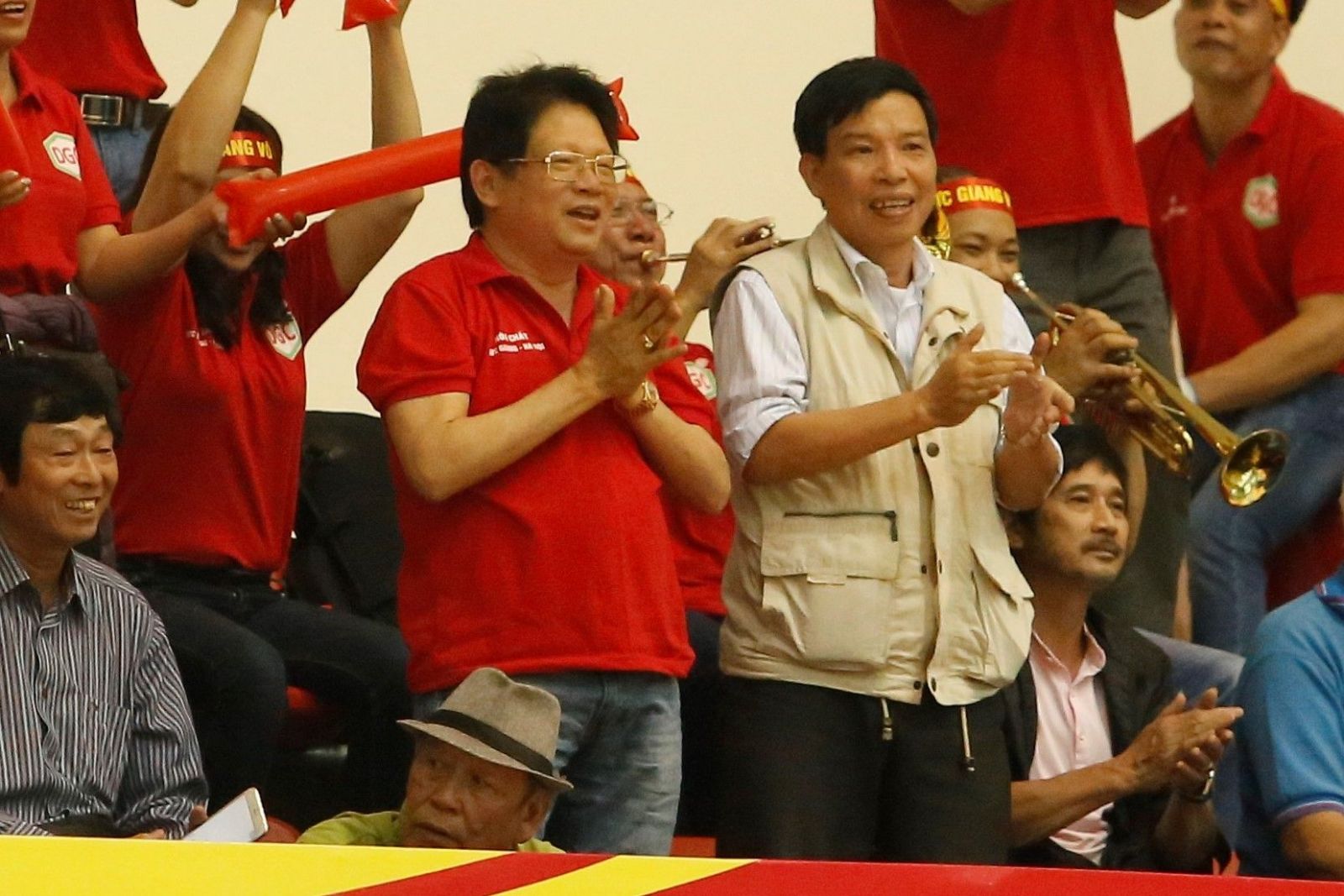

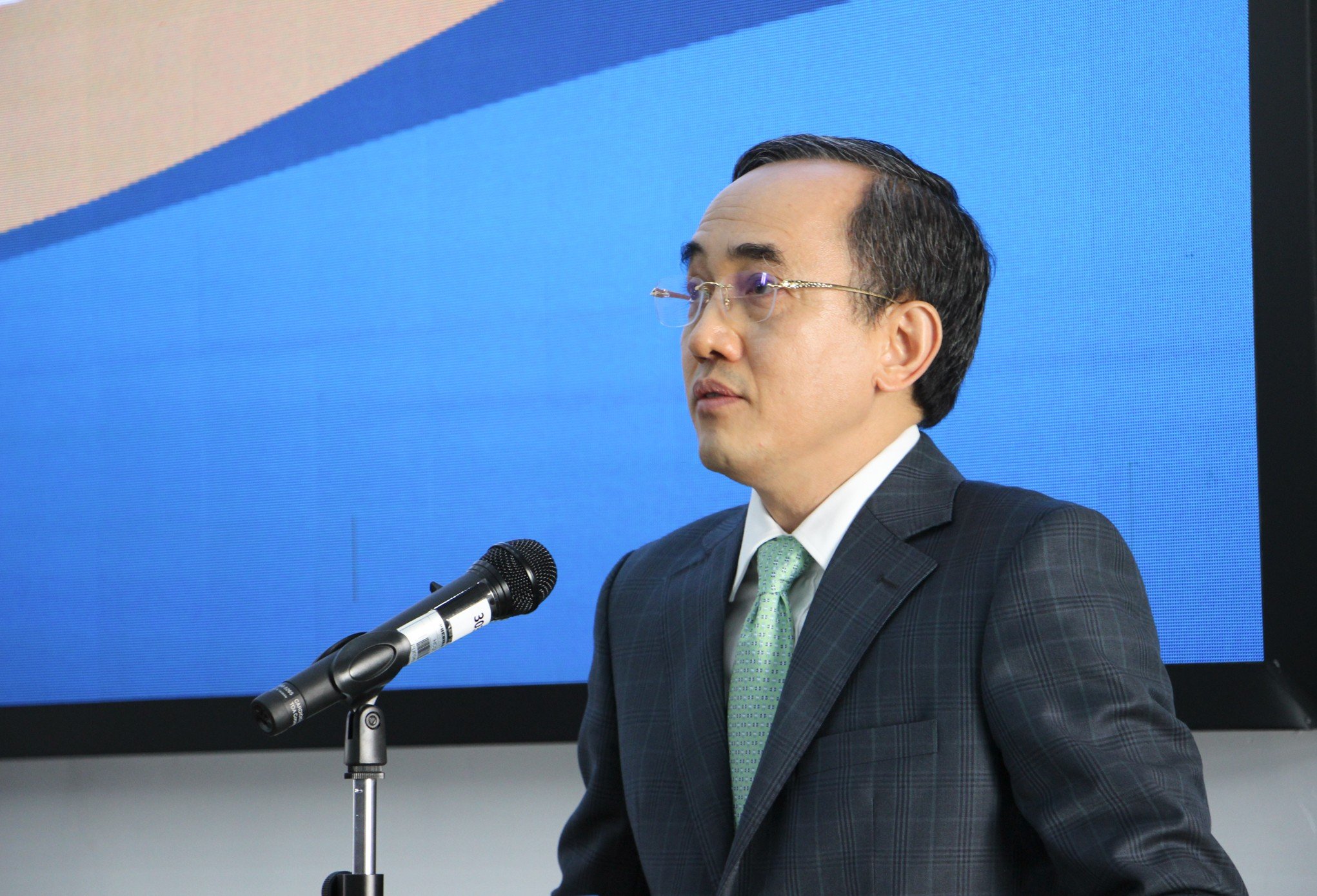
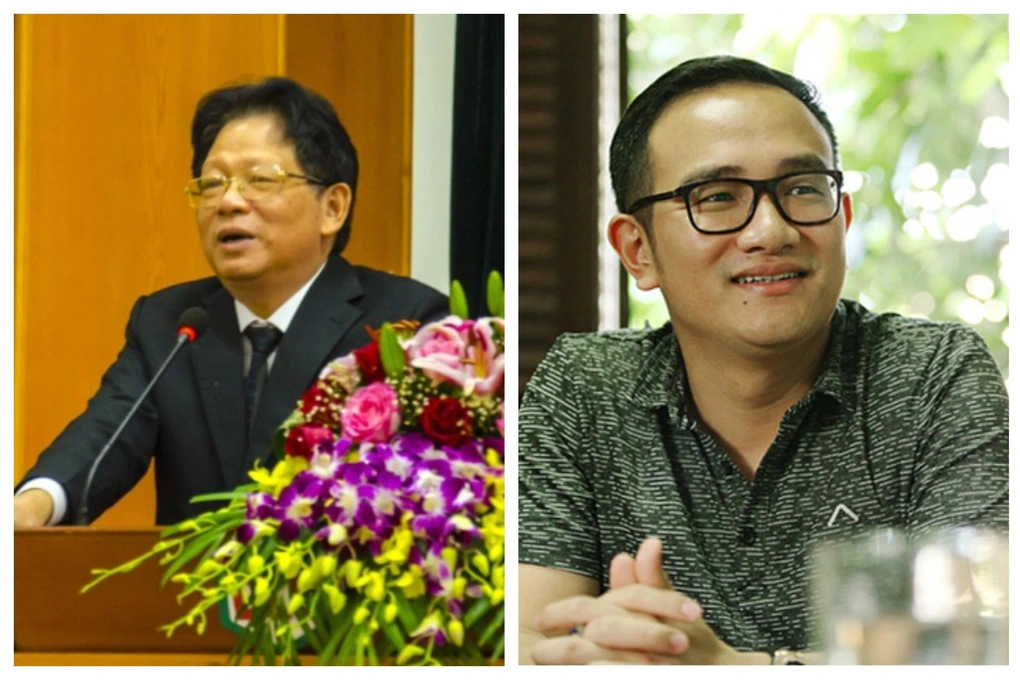

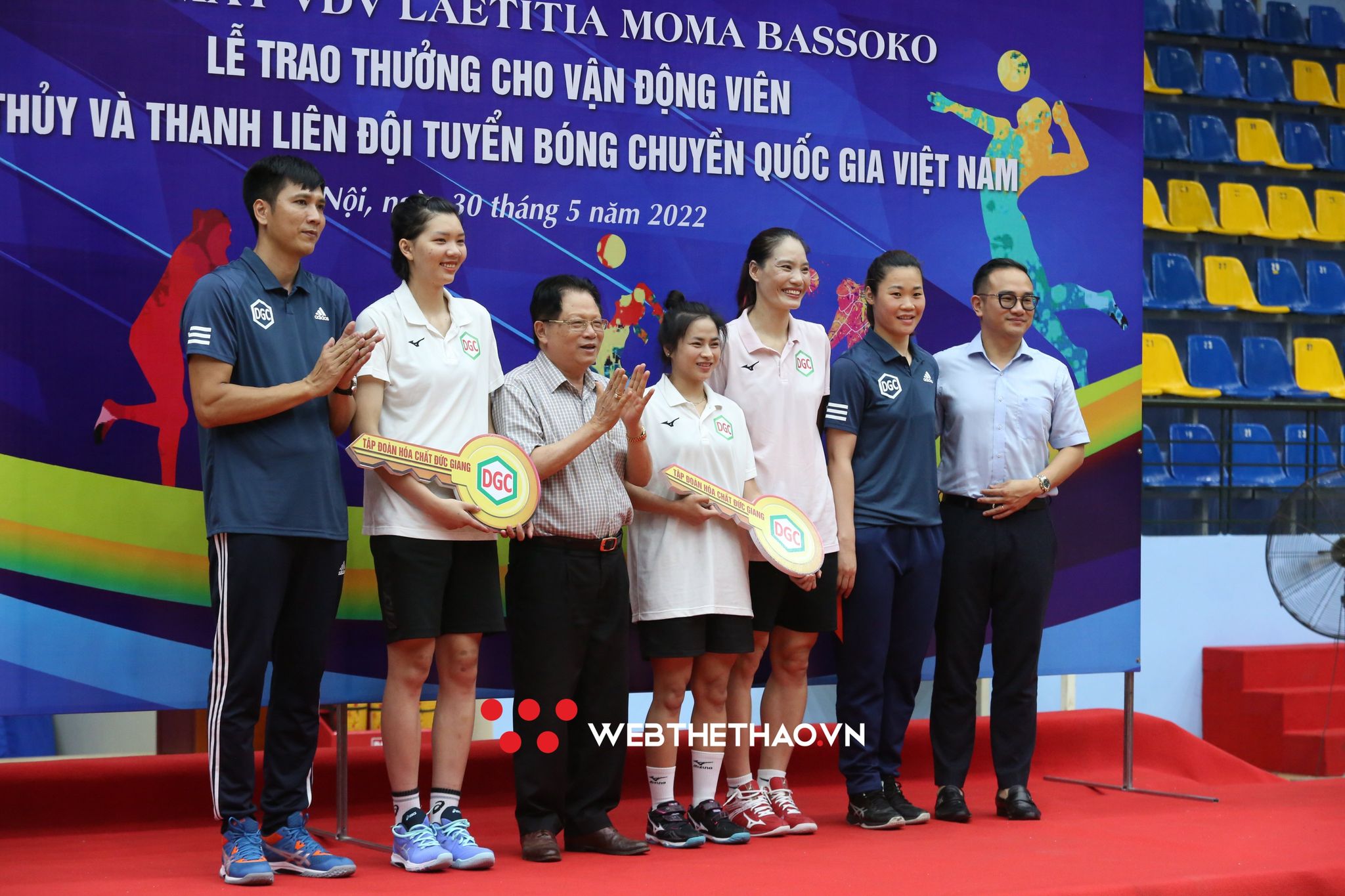

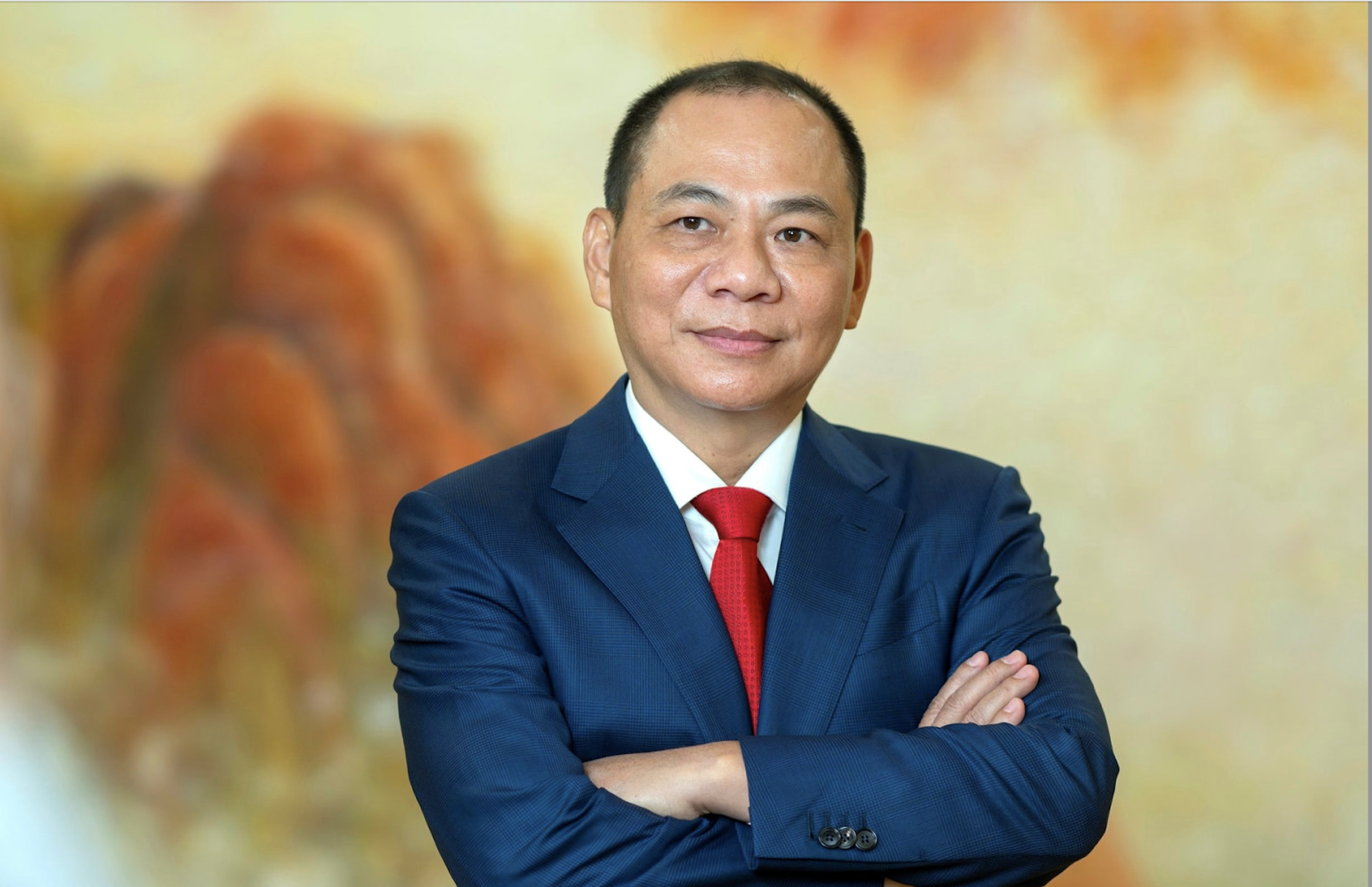







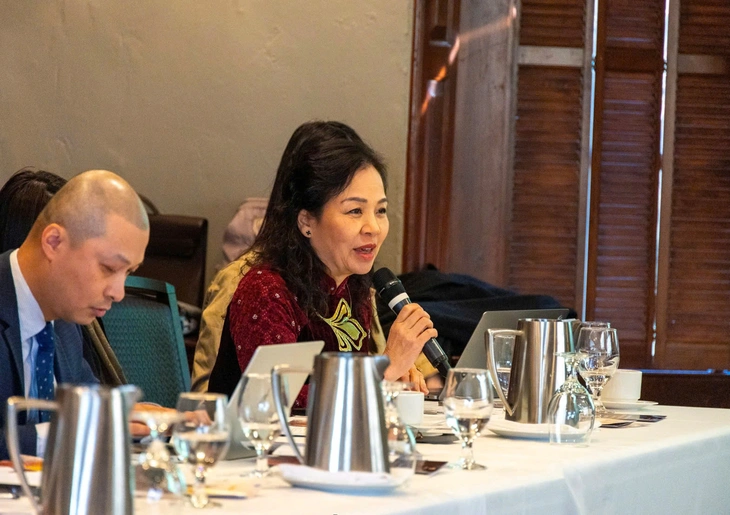
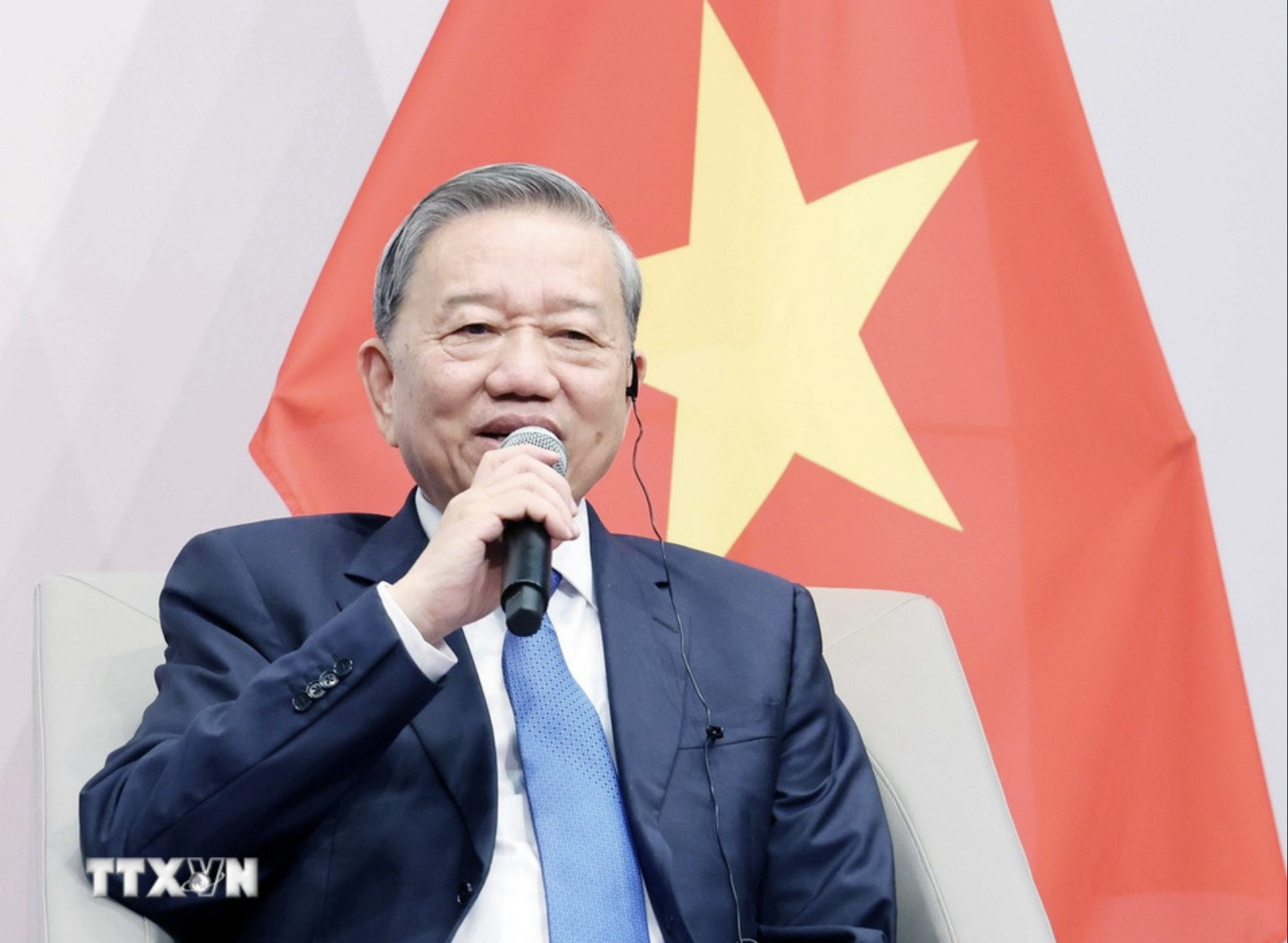

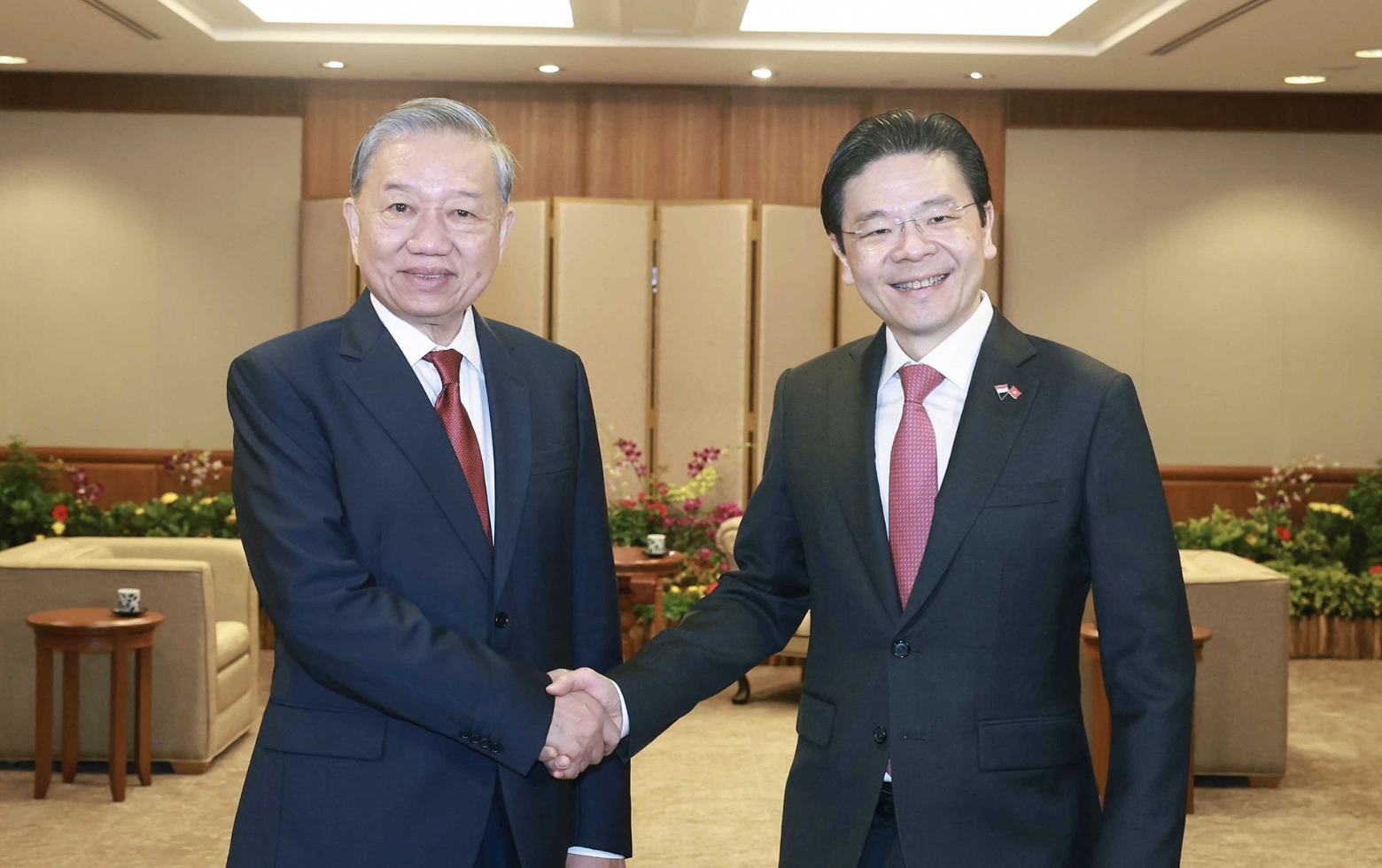

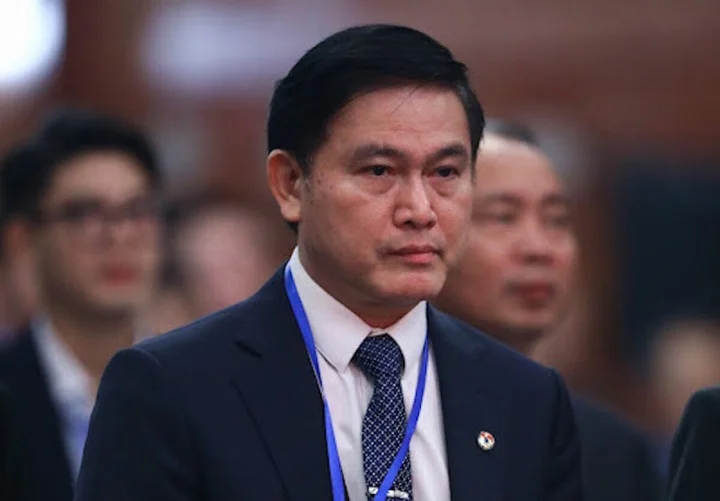

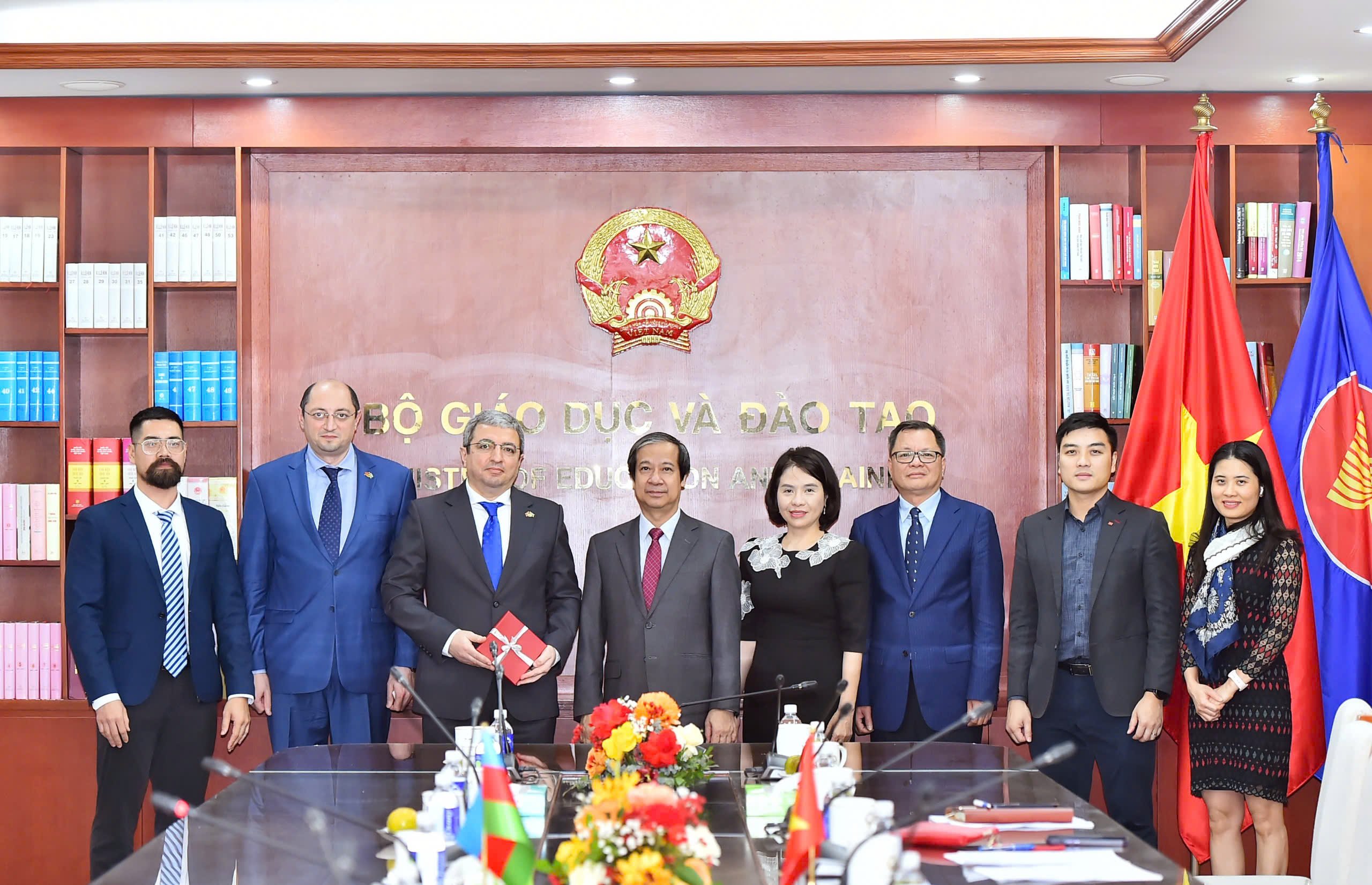

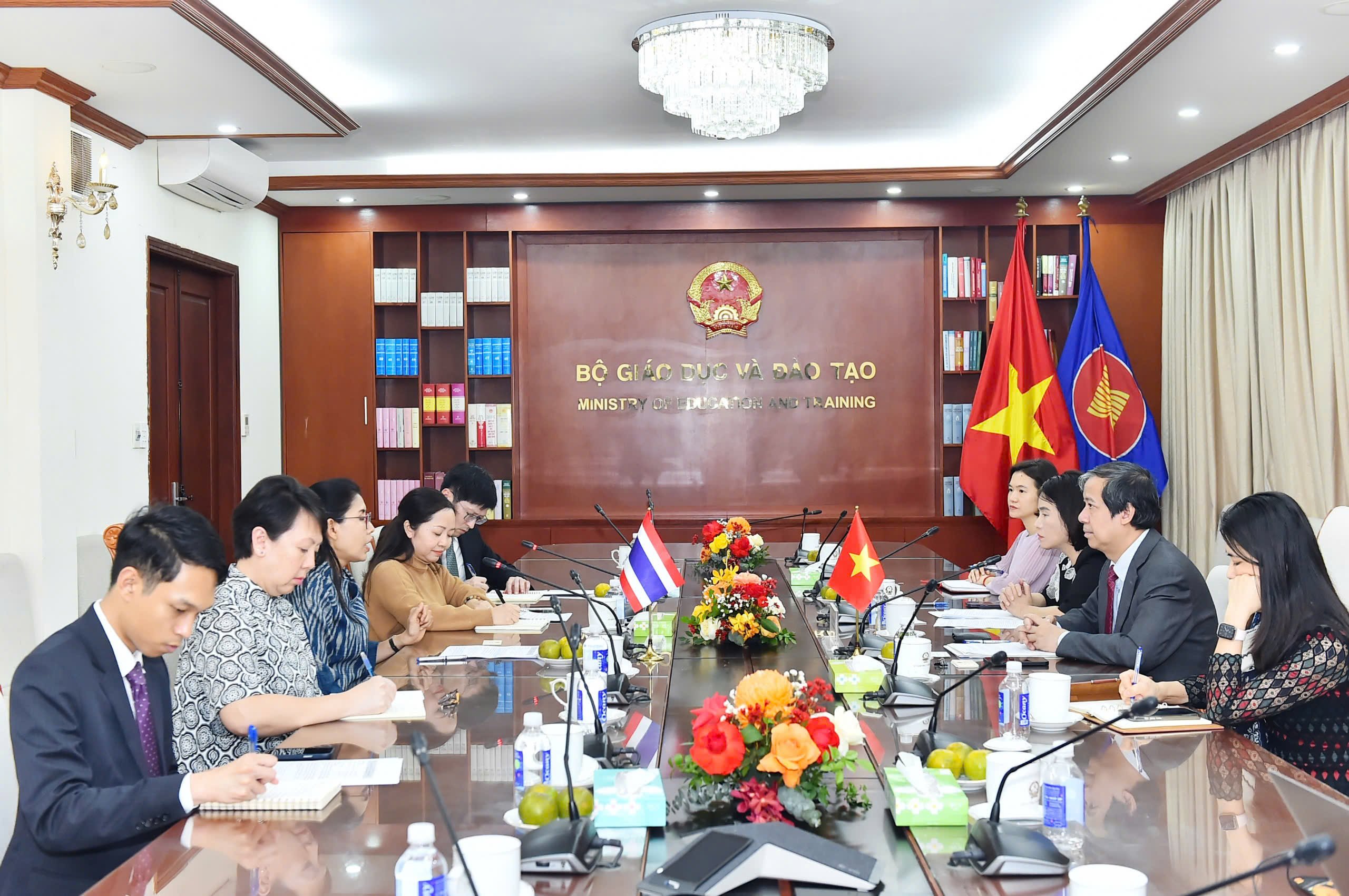
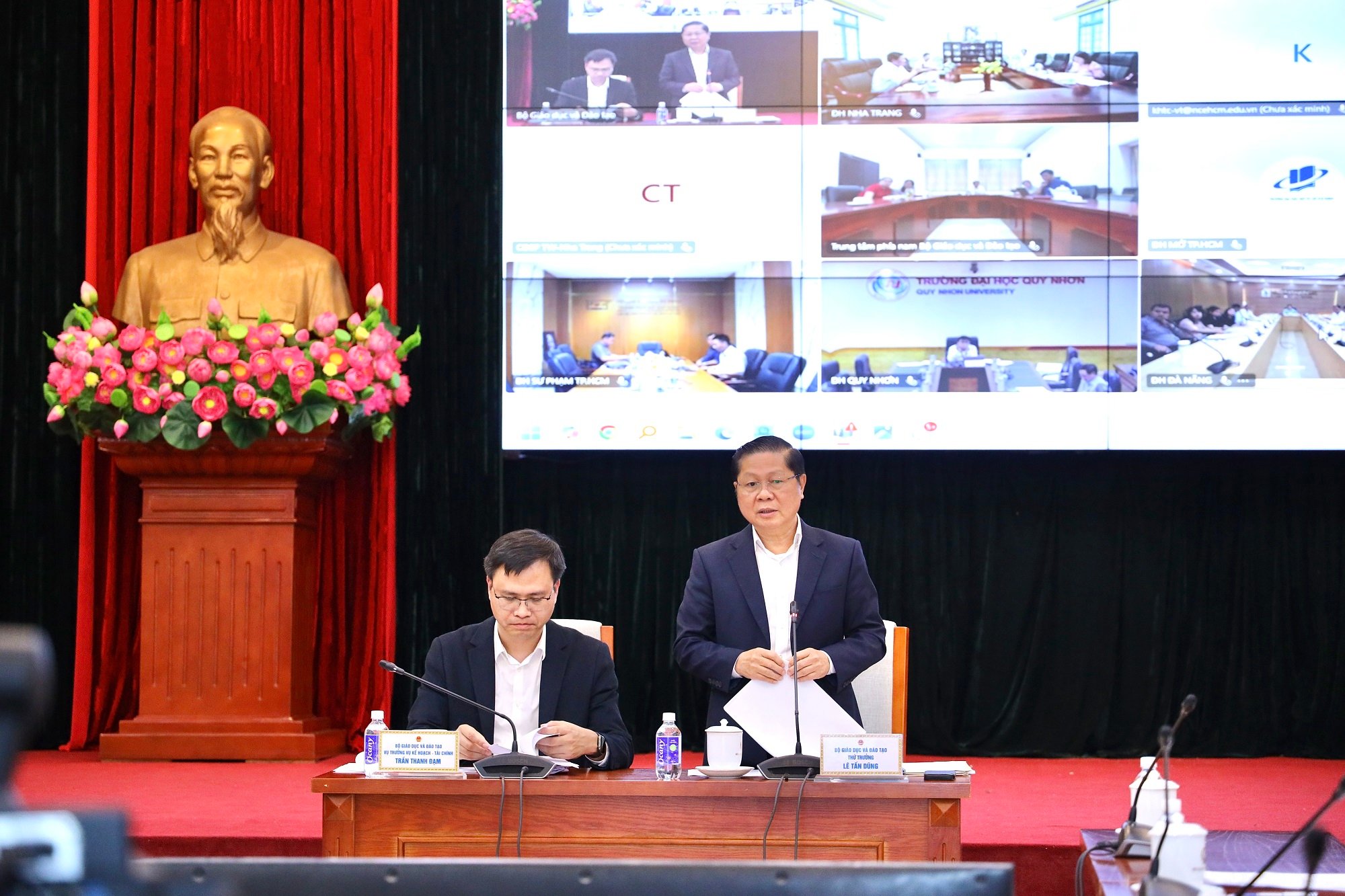
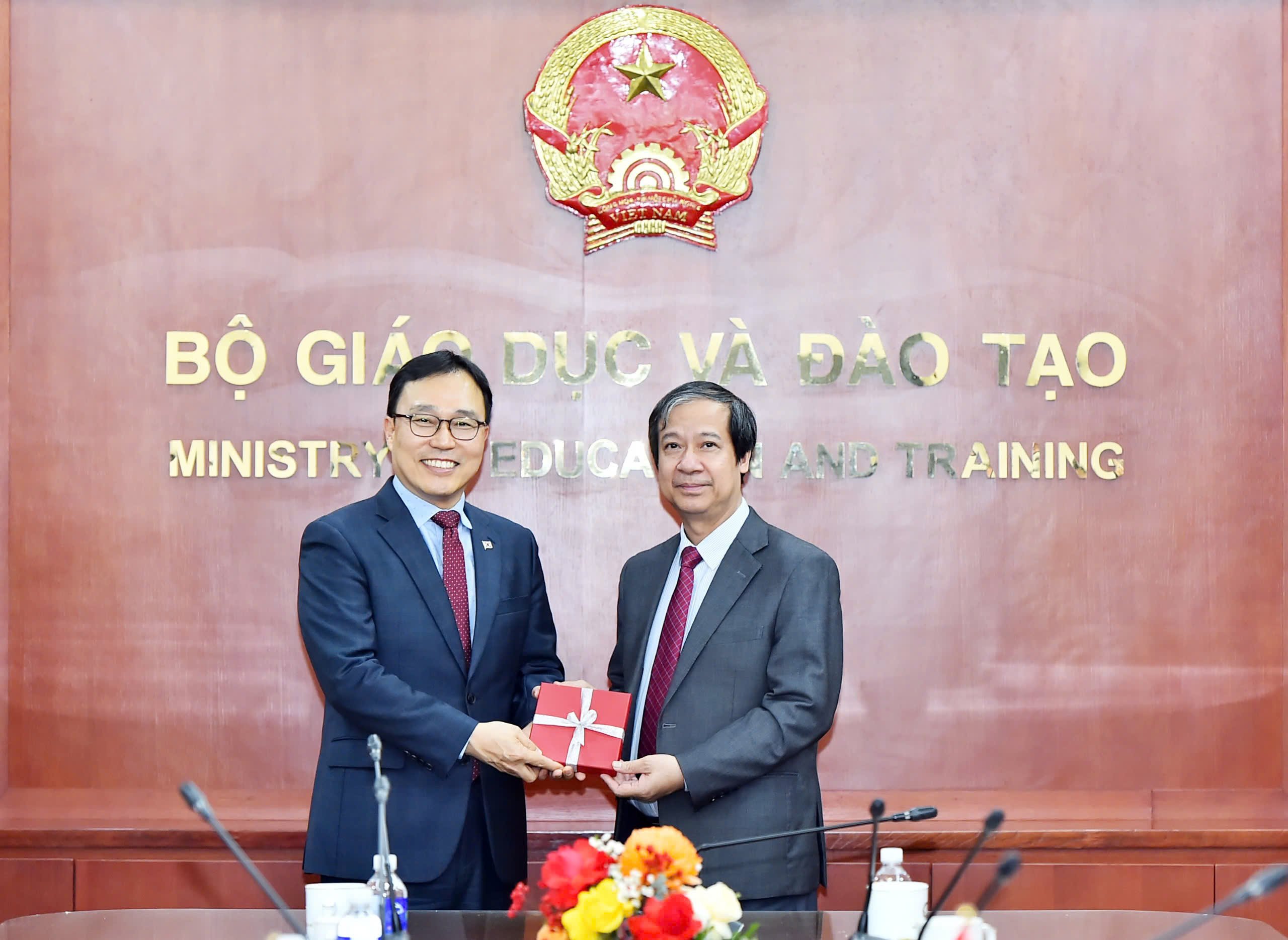
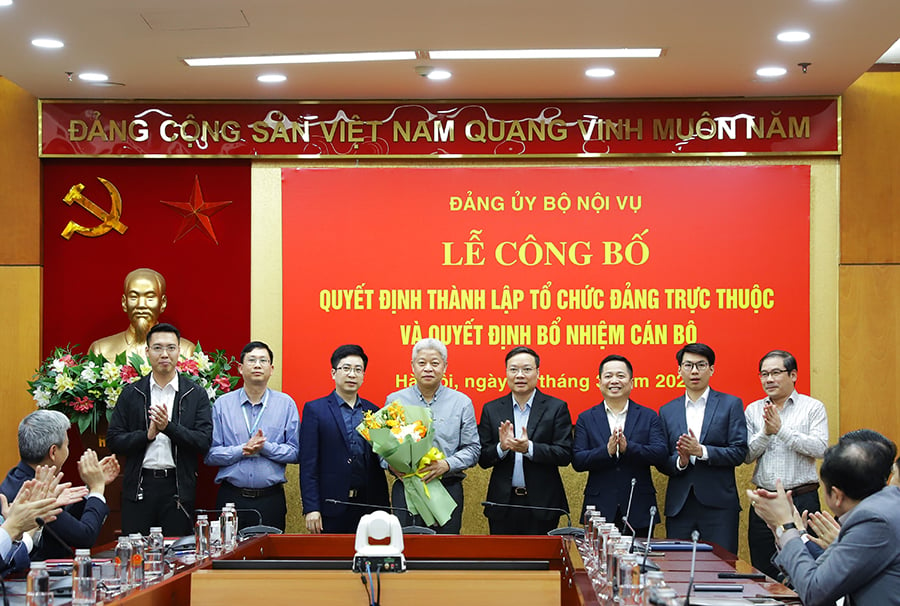

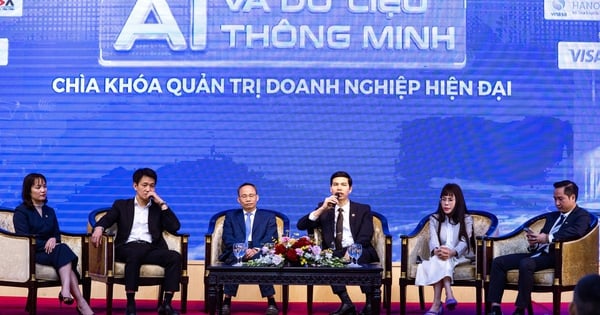







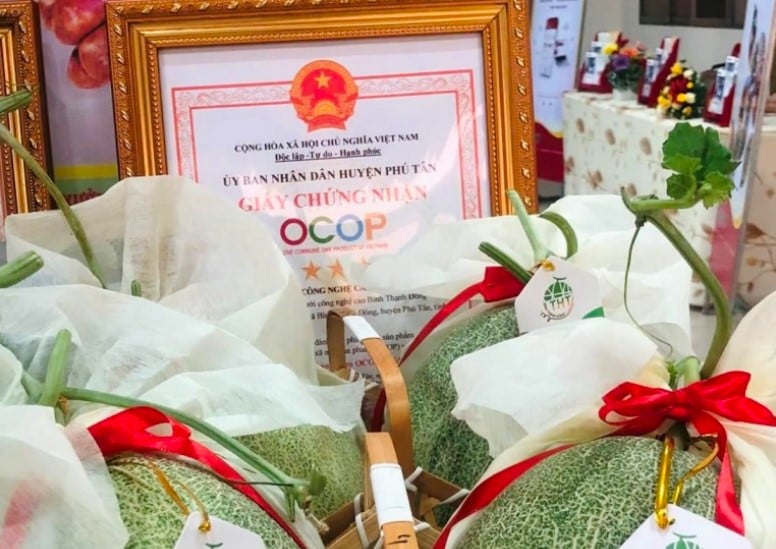

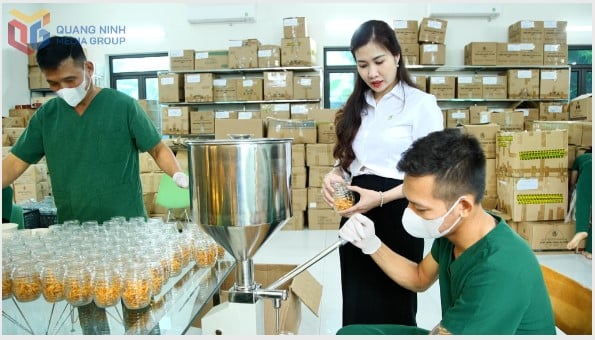
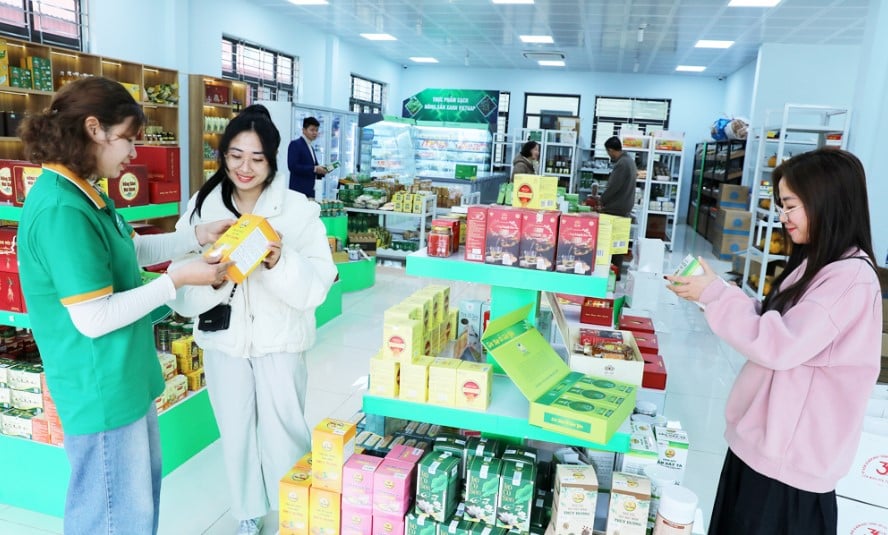
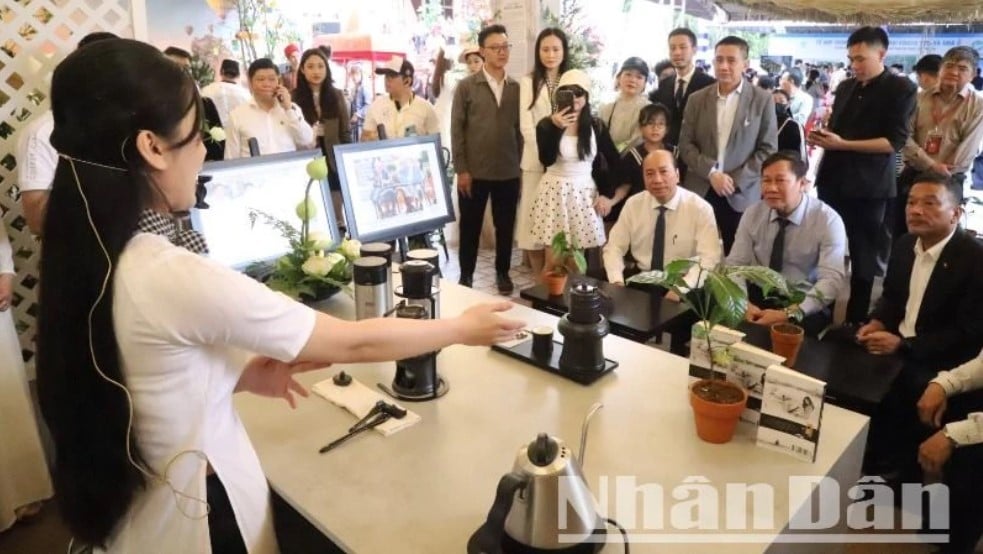
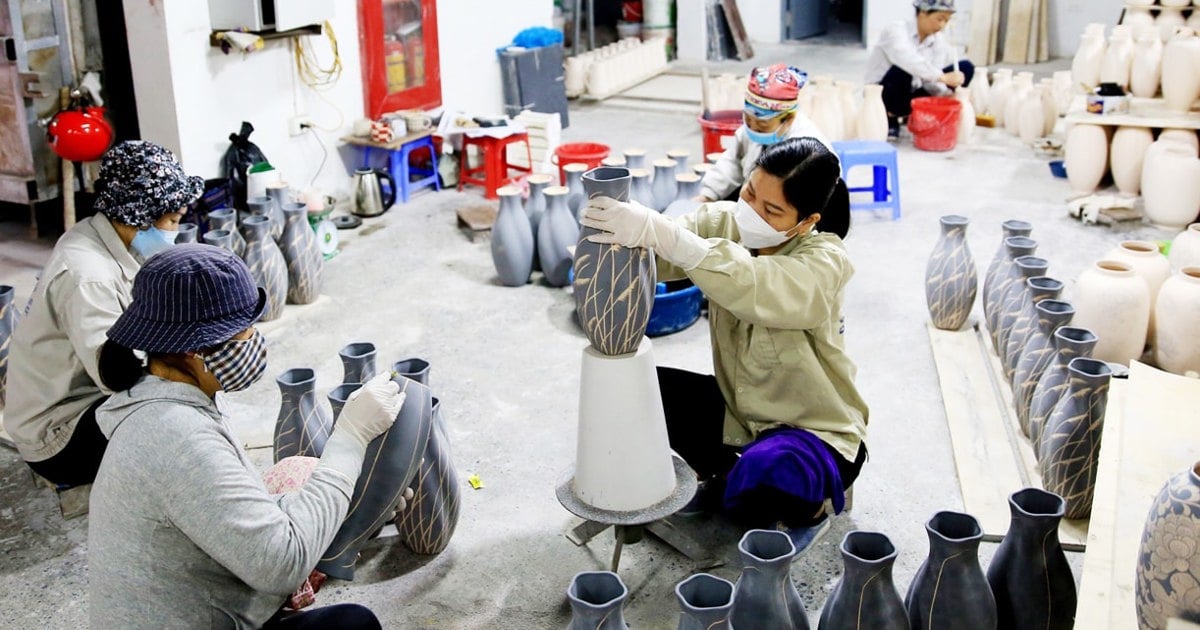

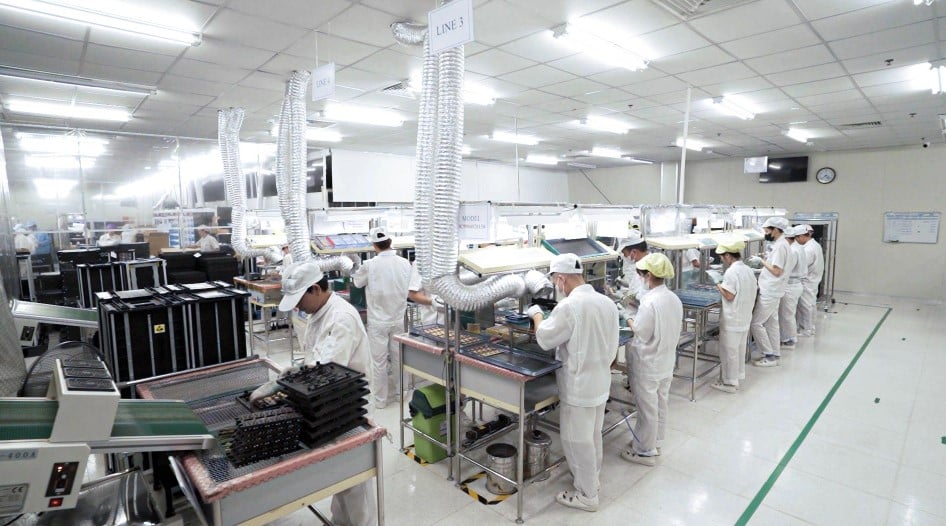

Comment (0)